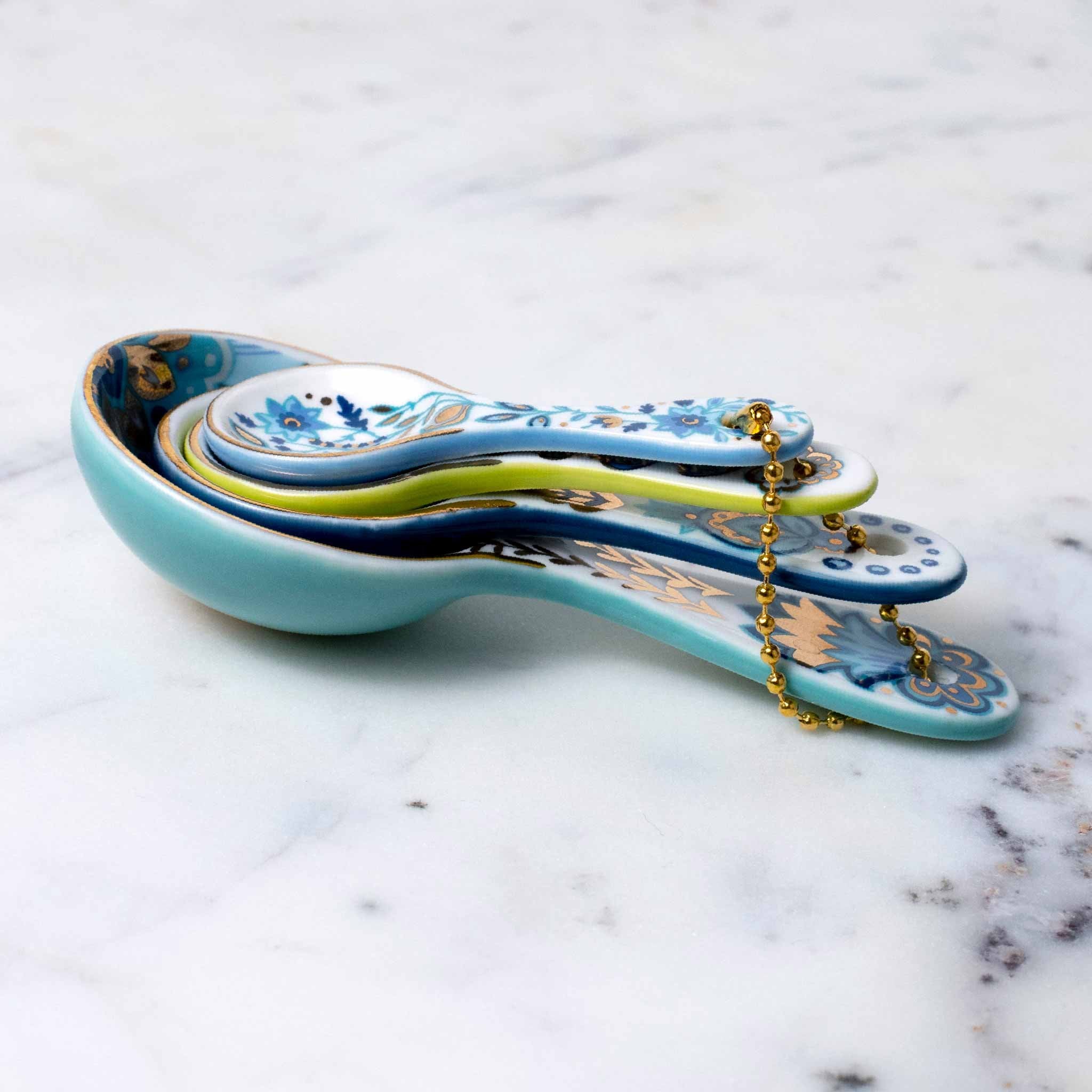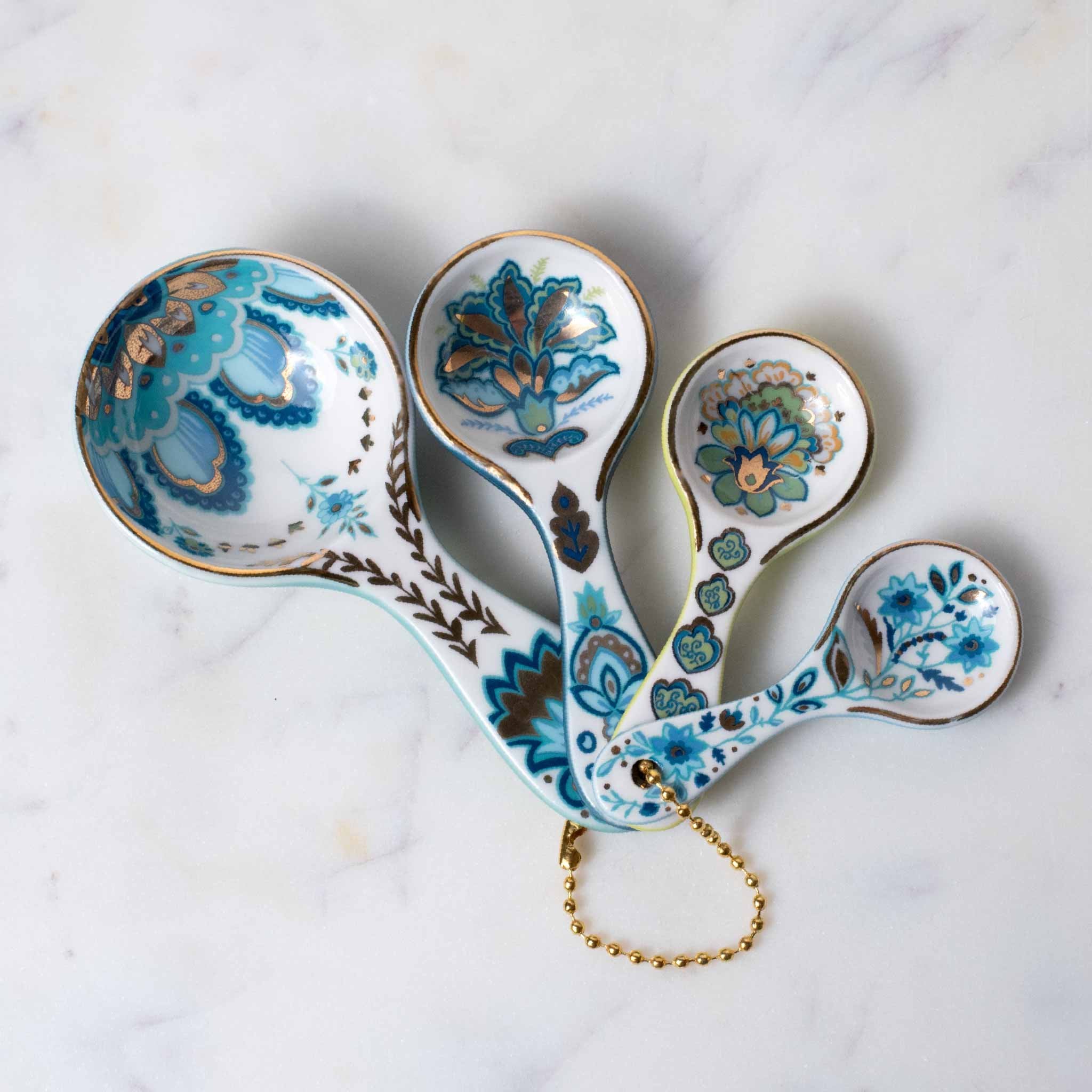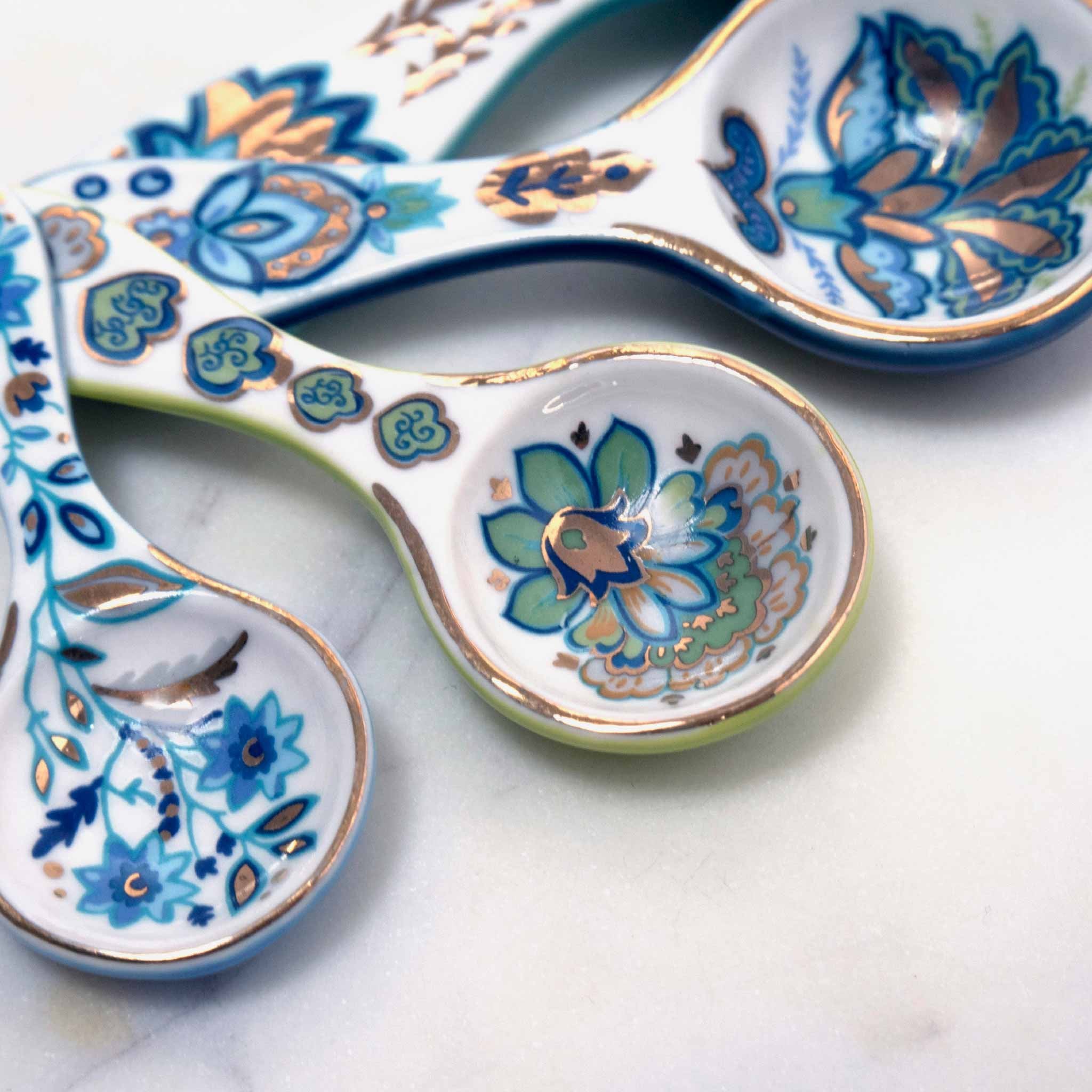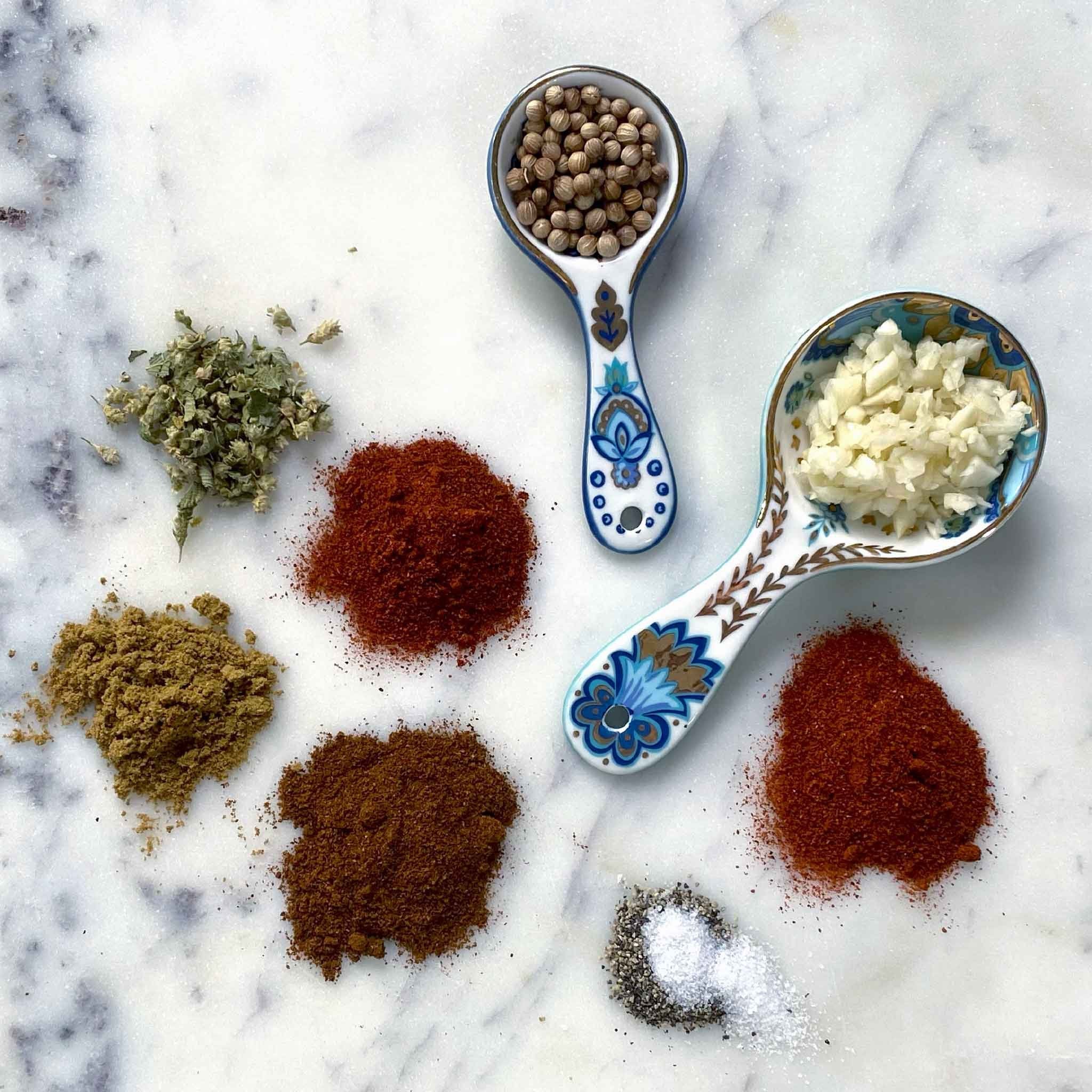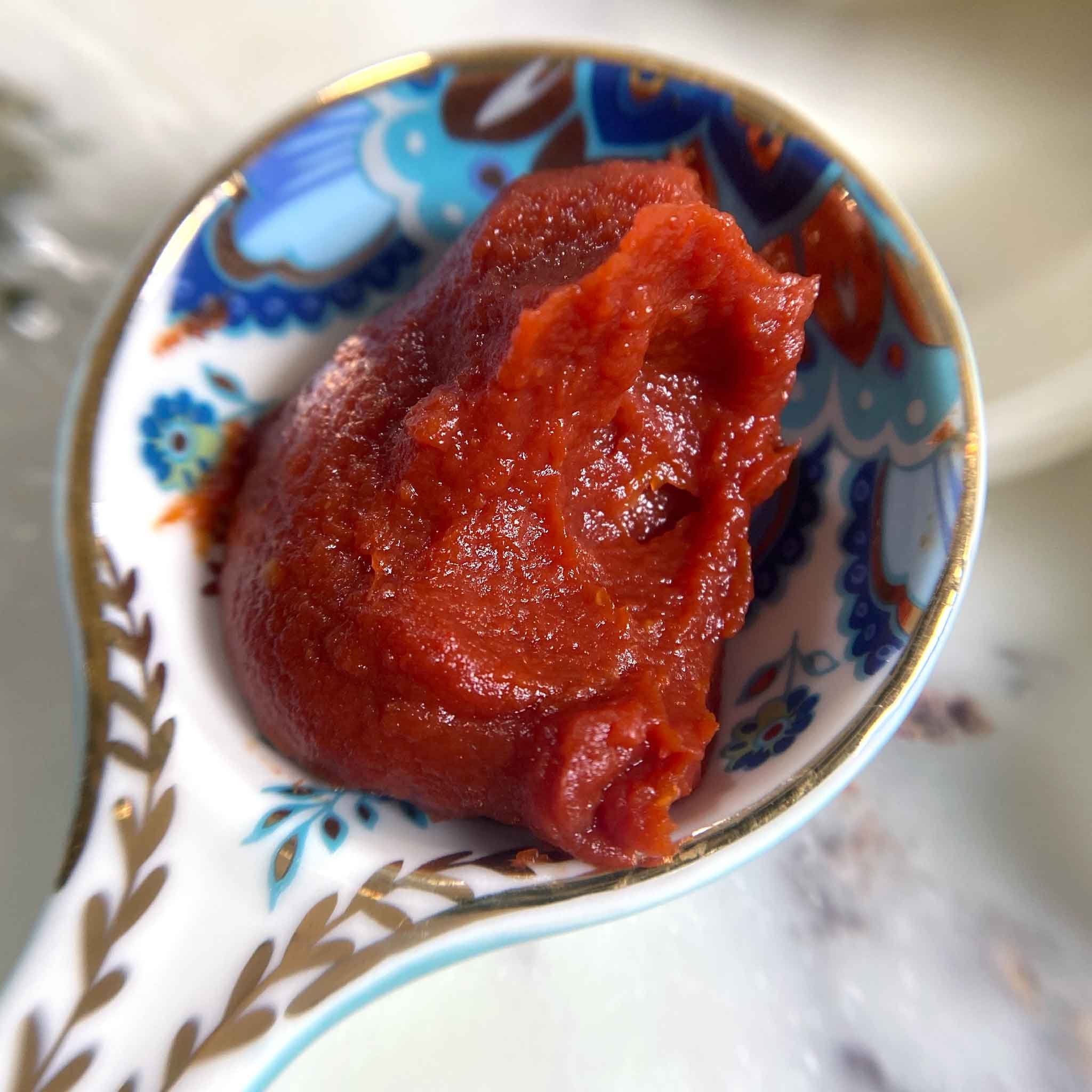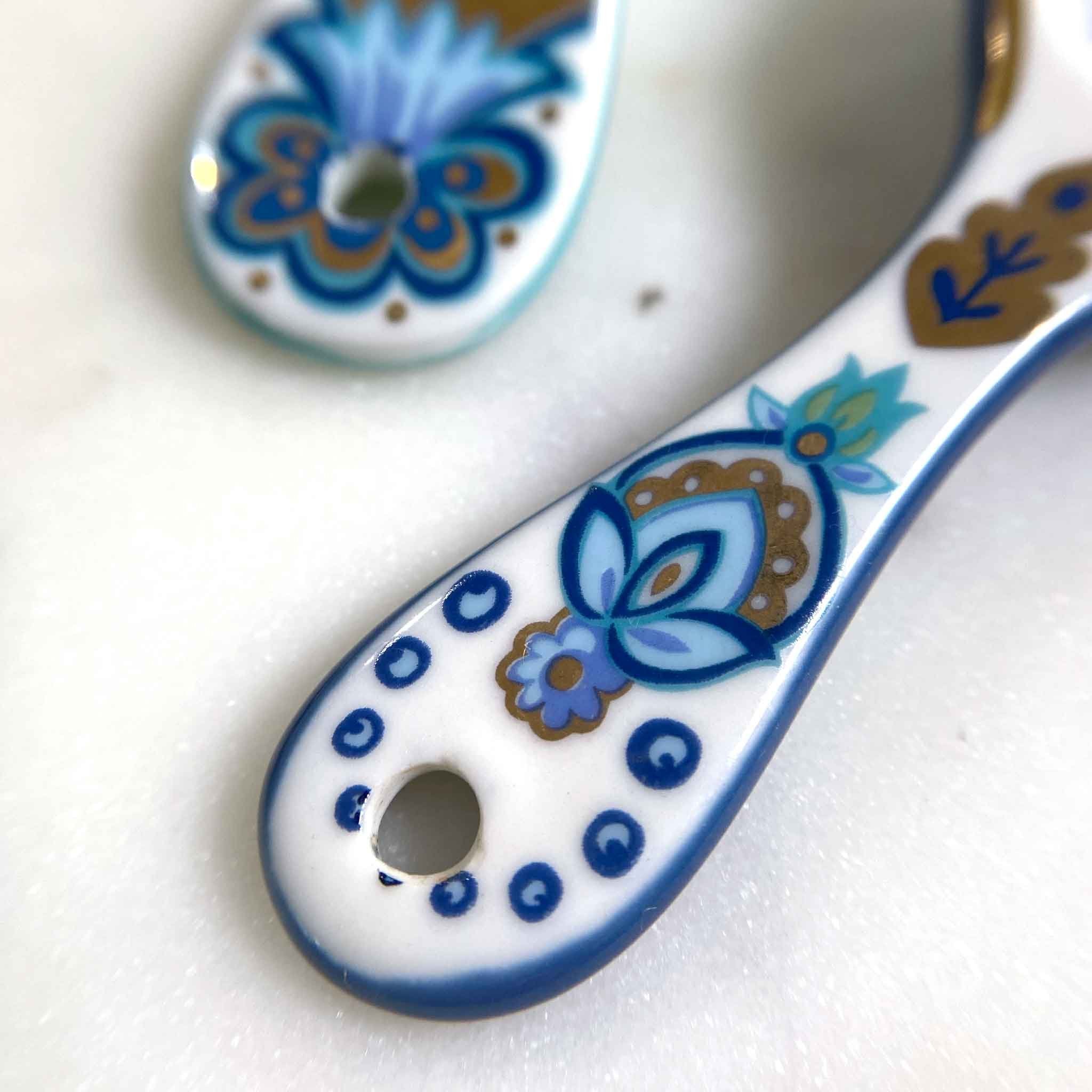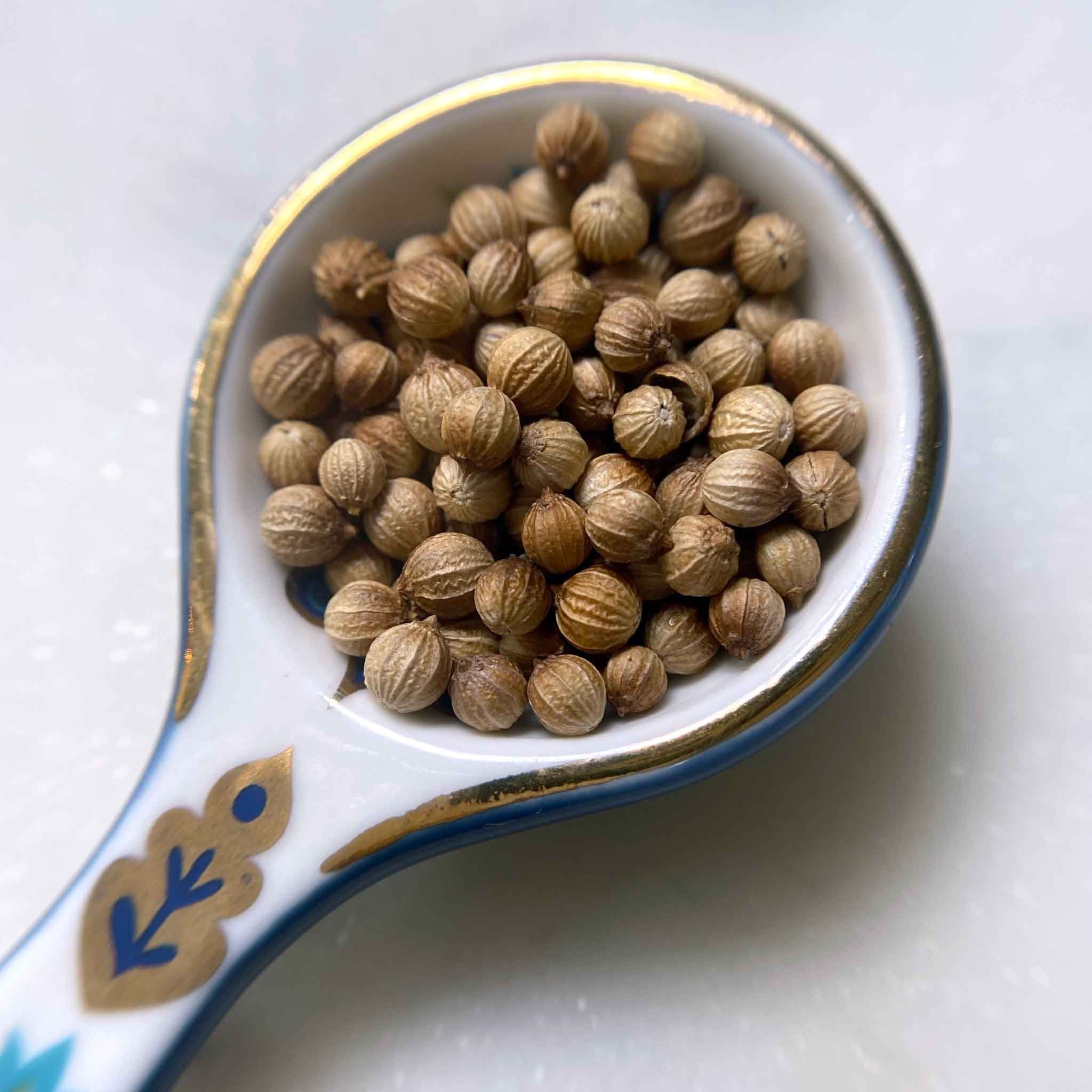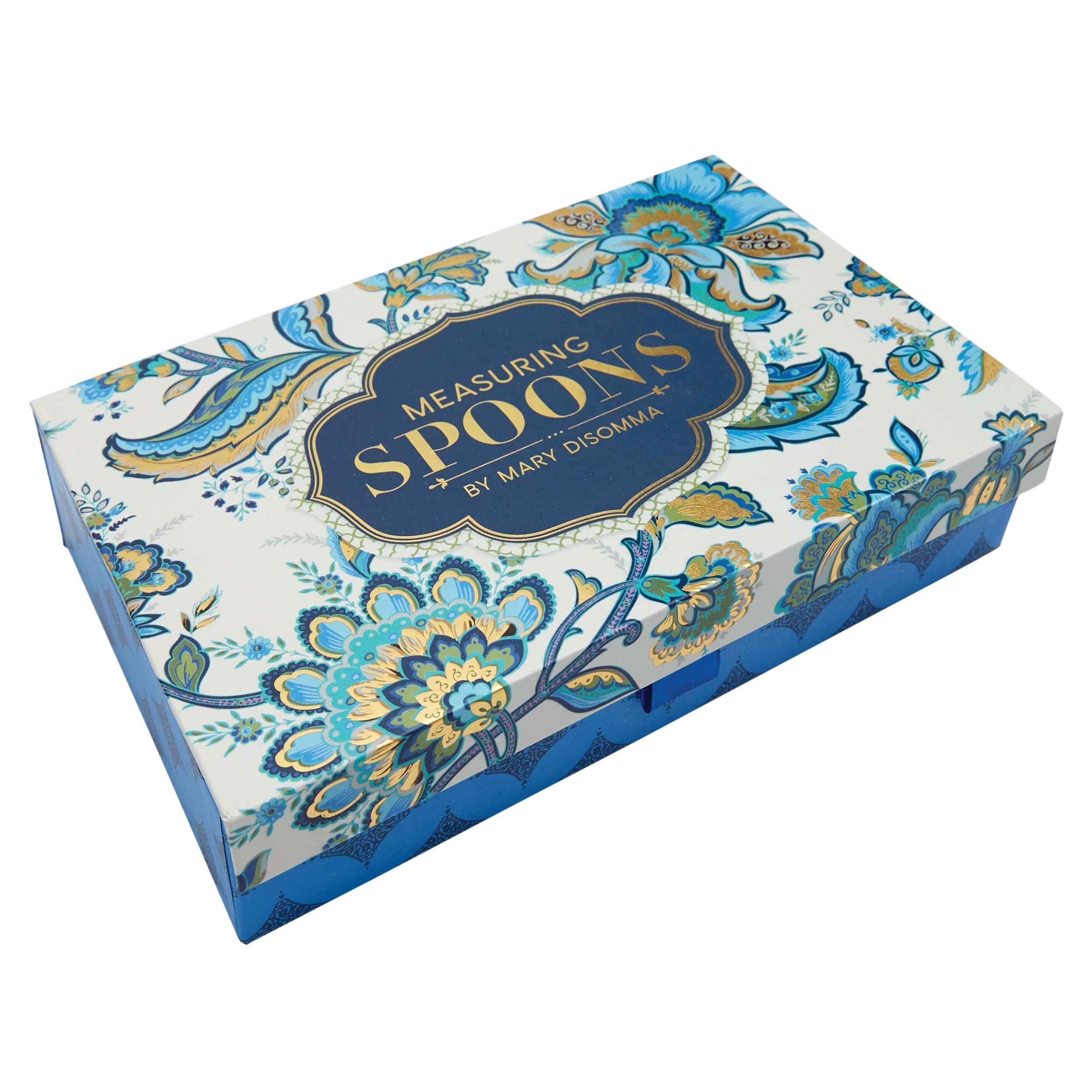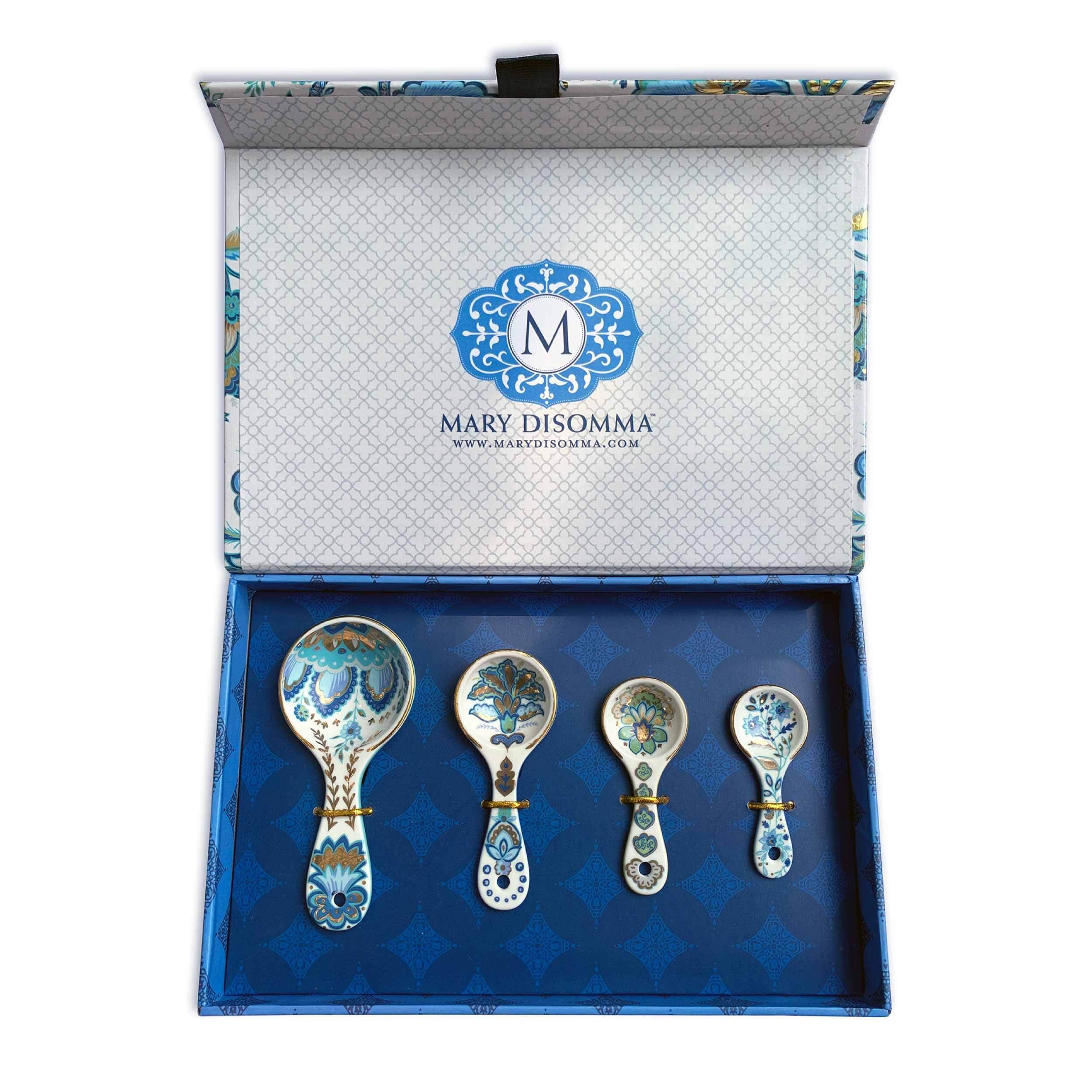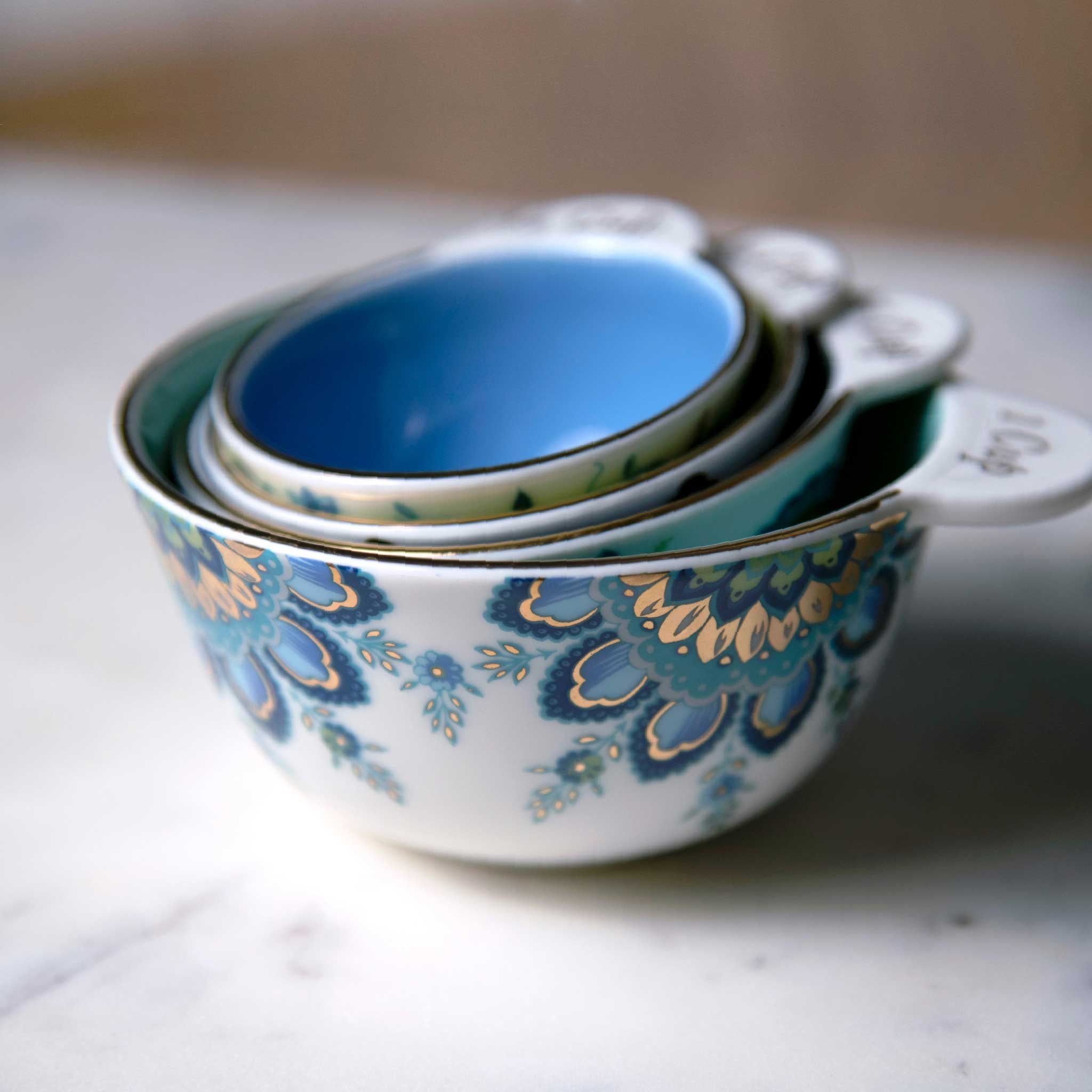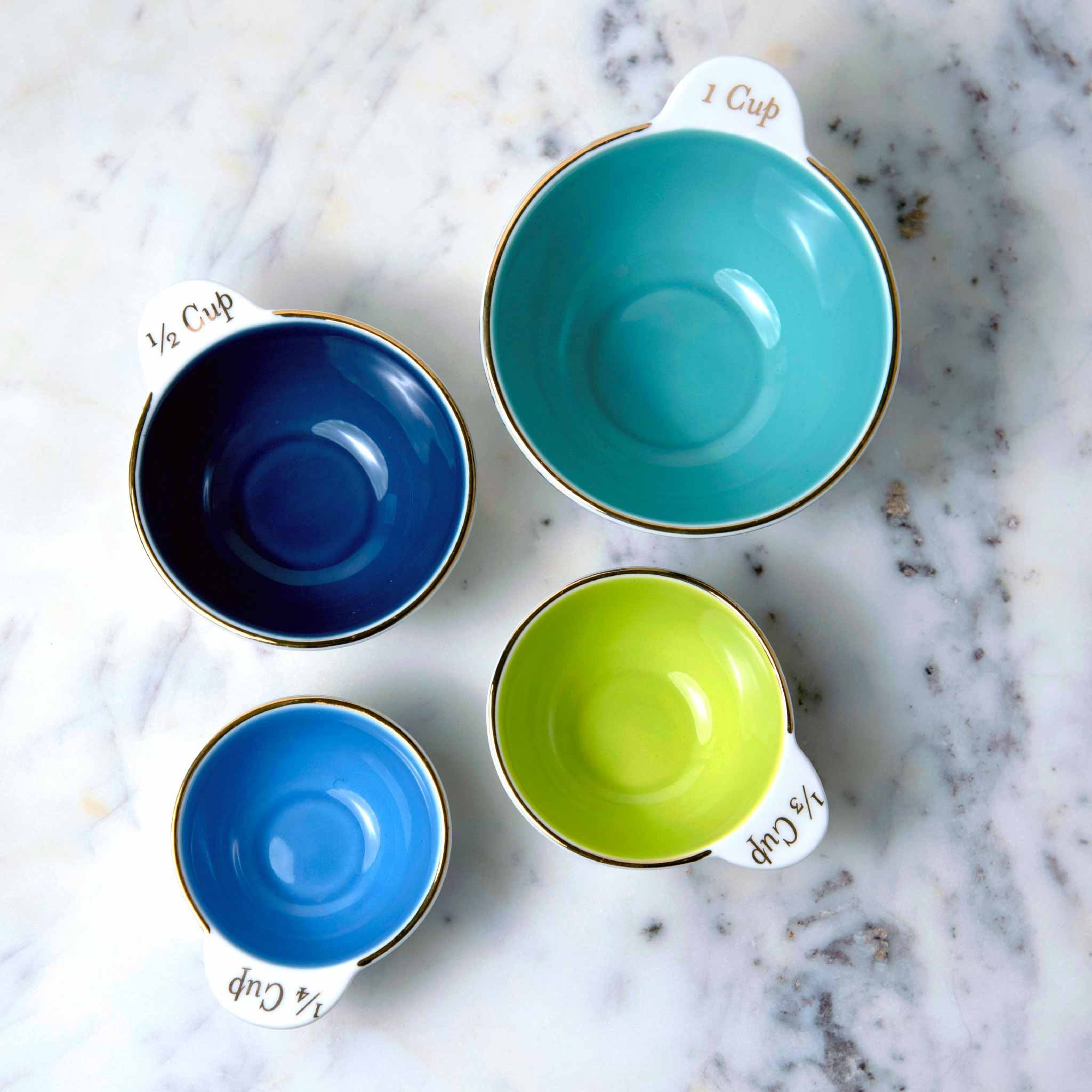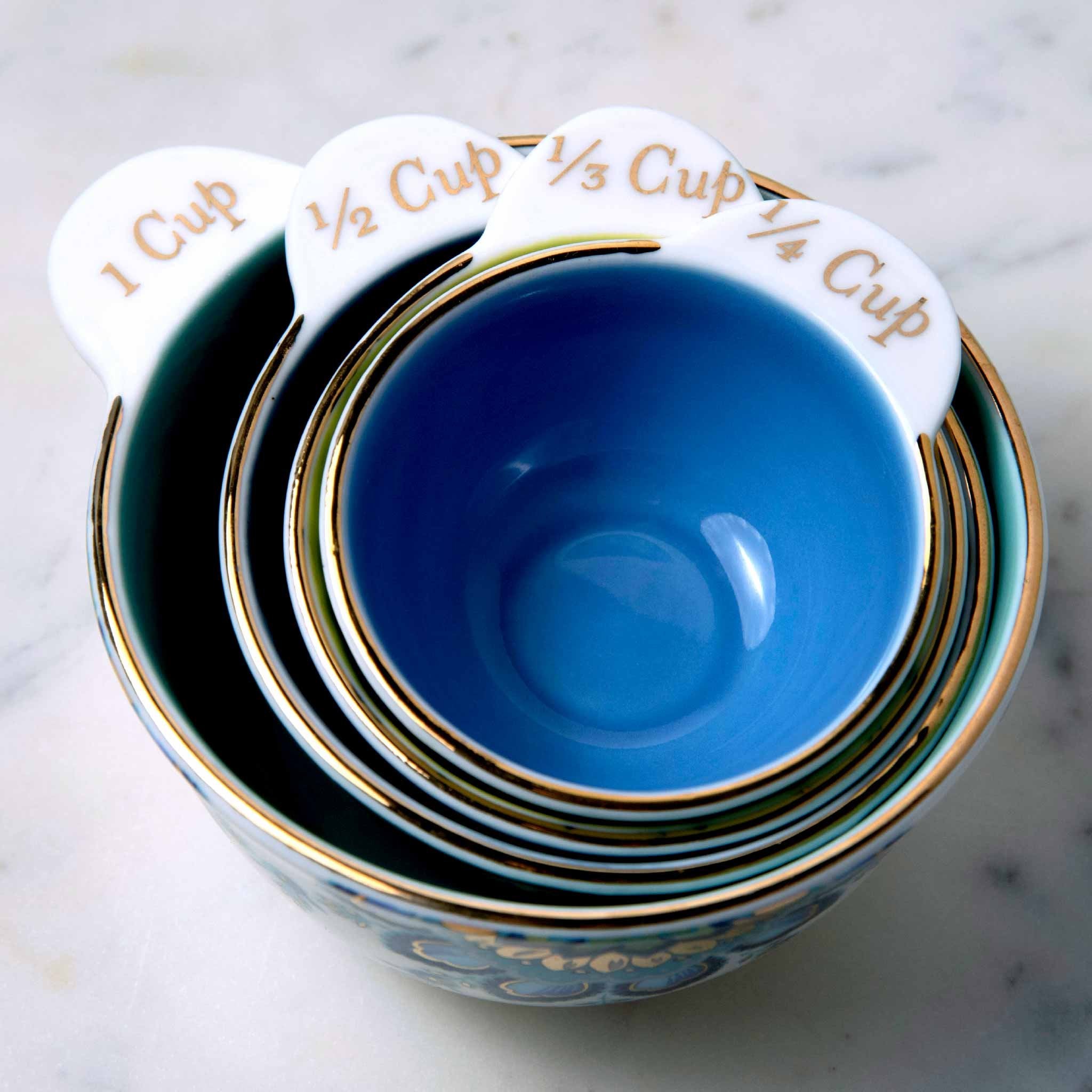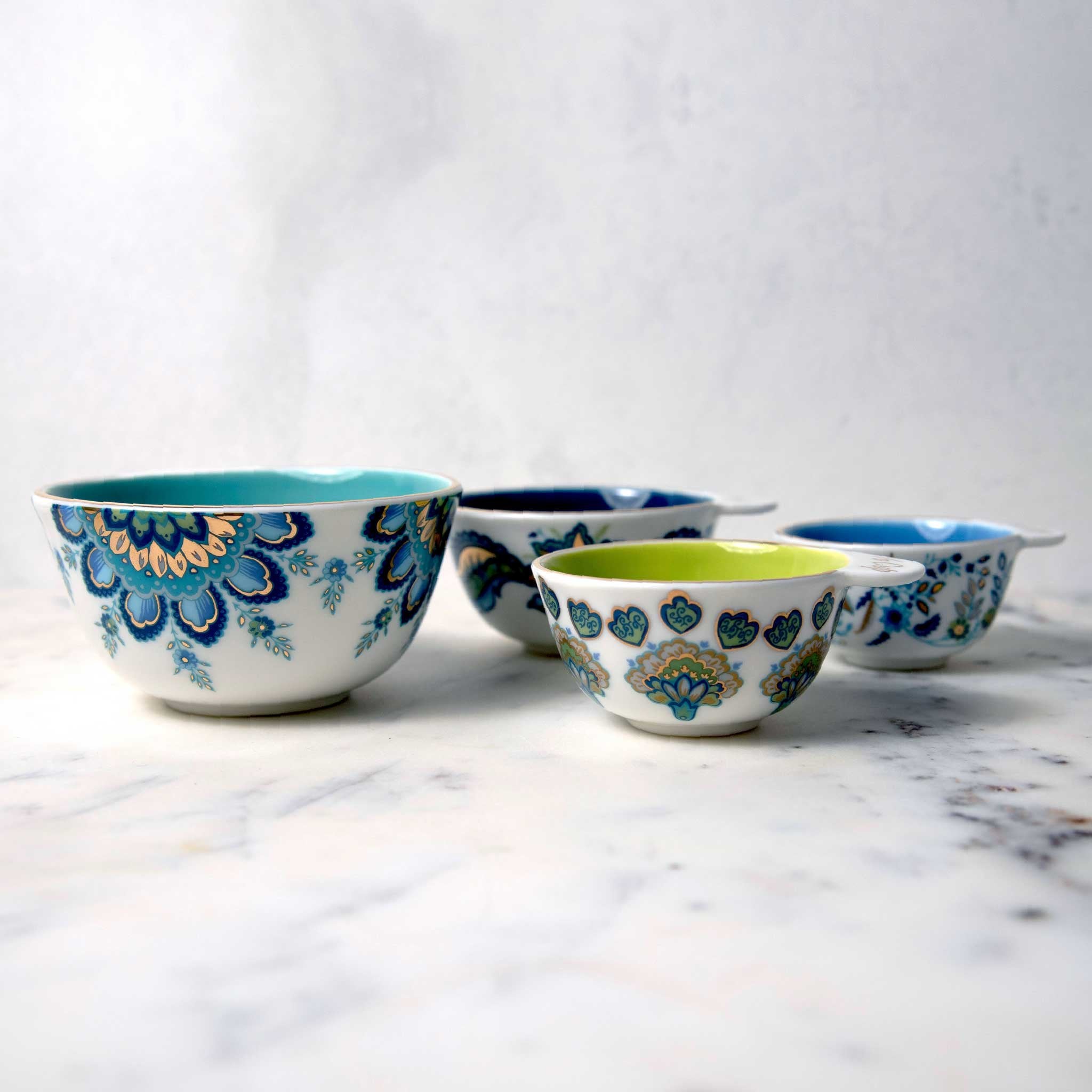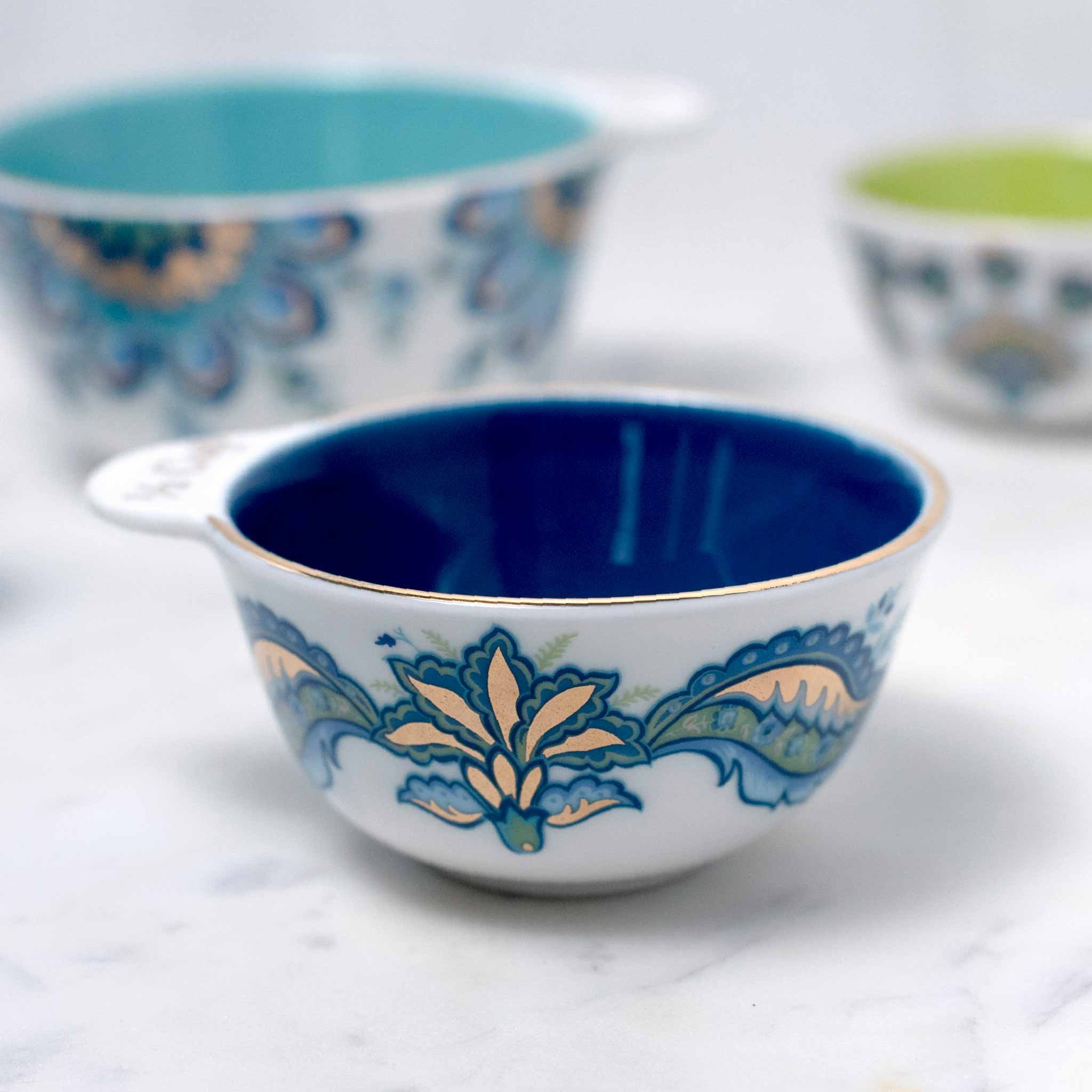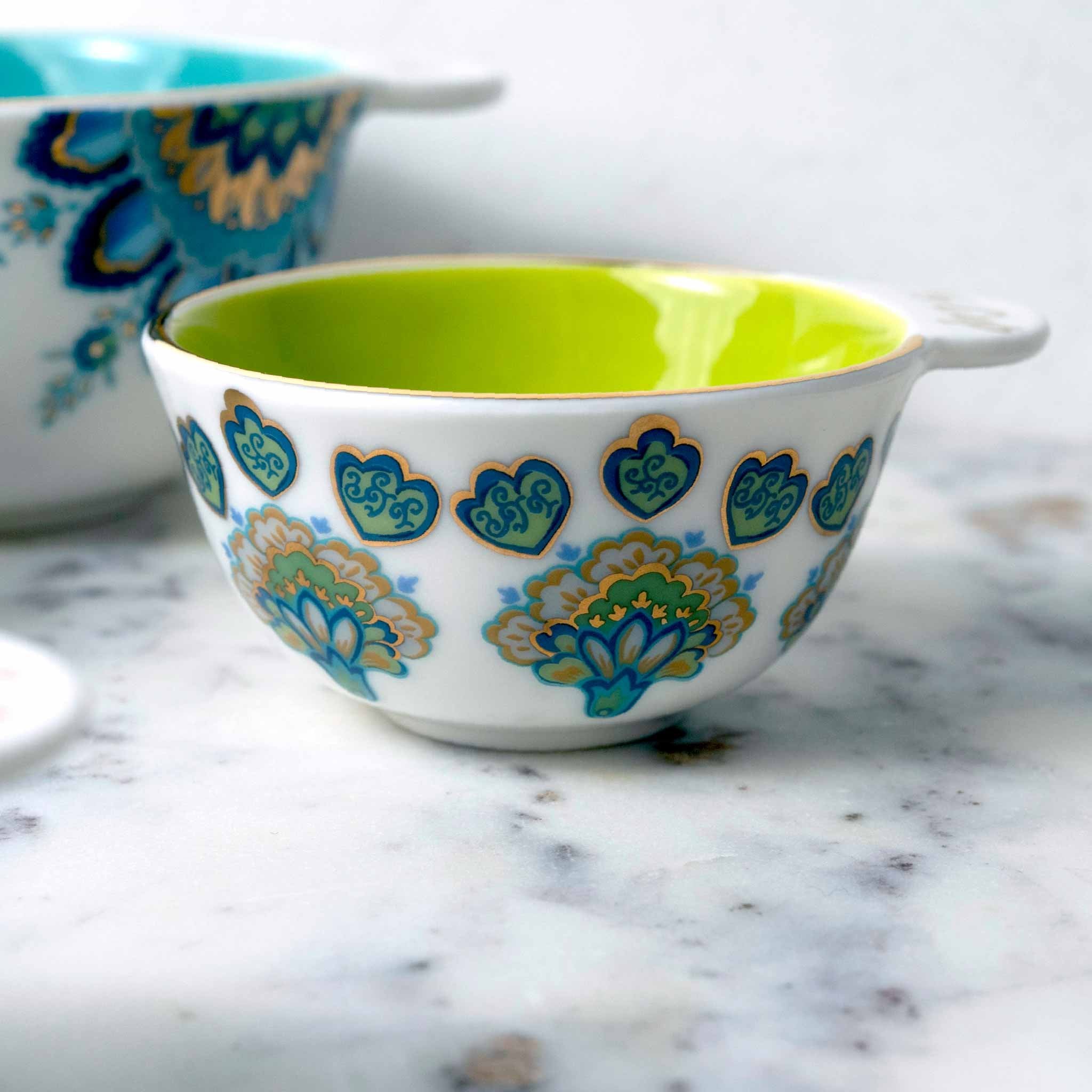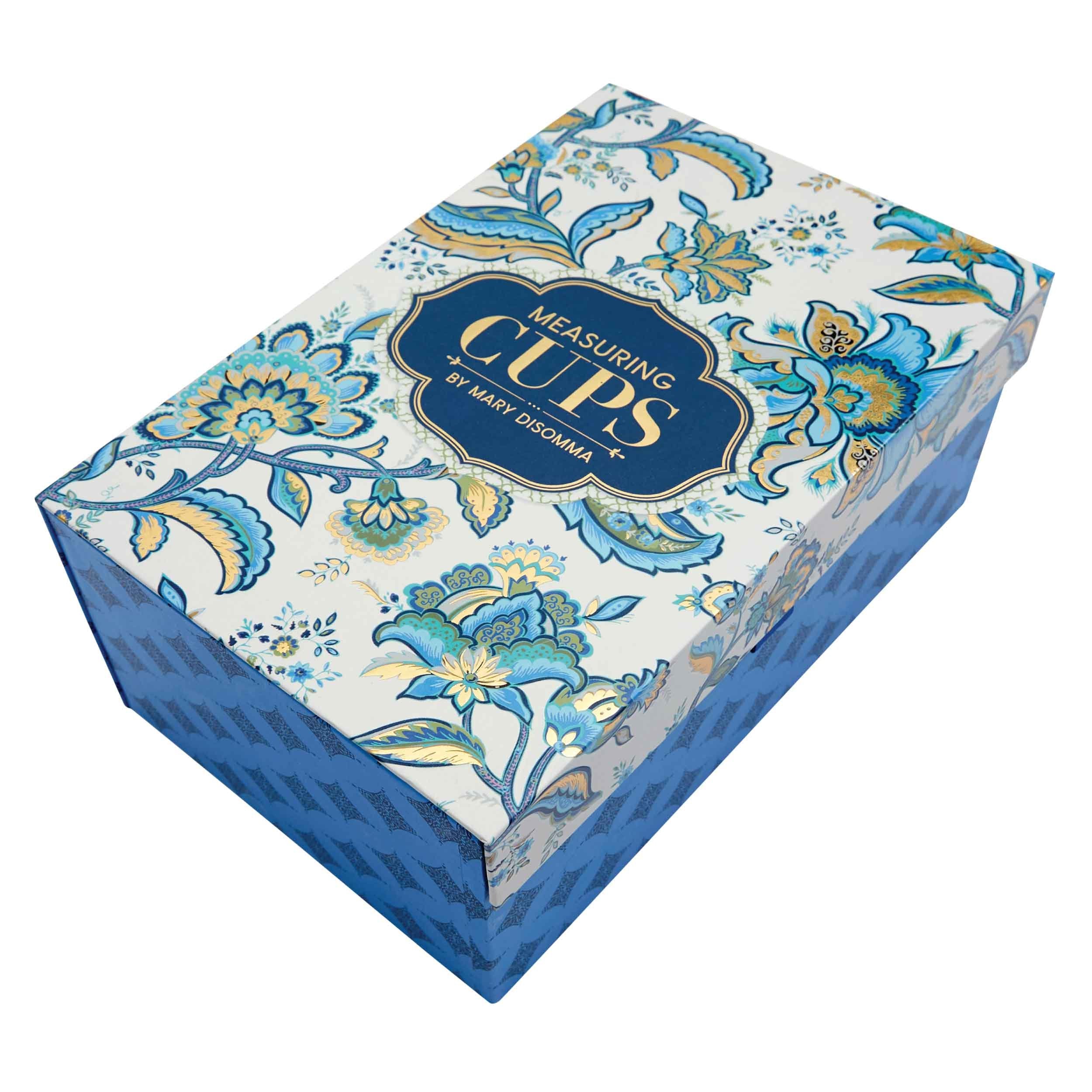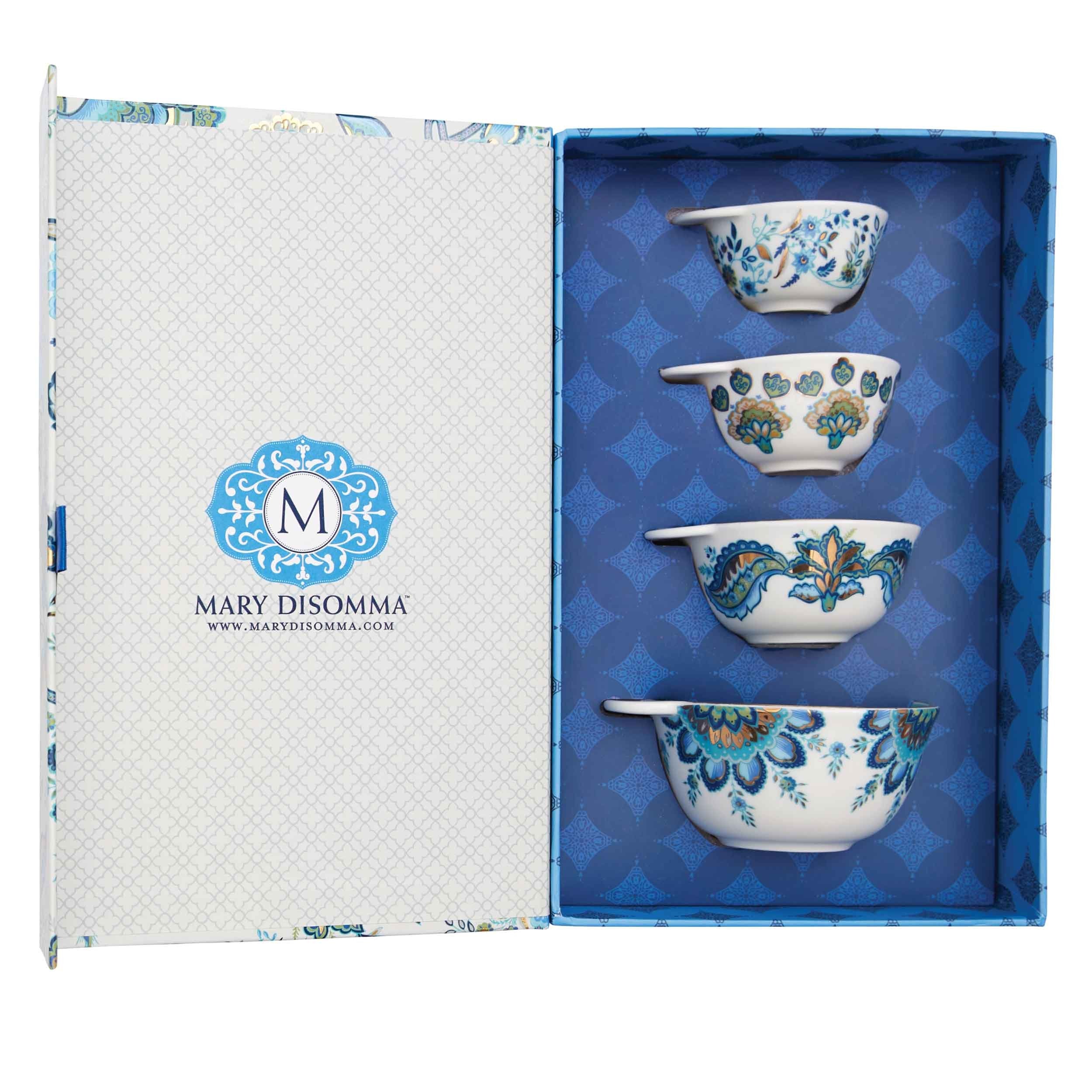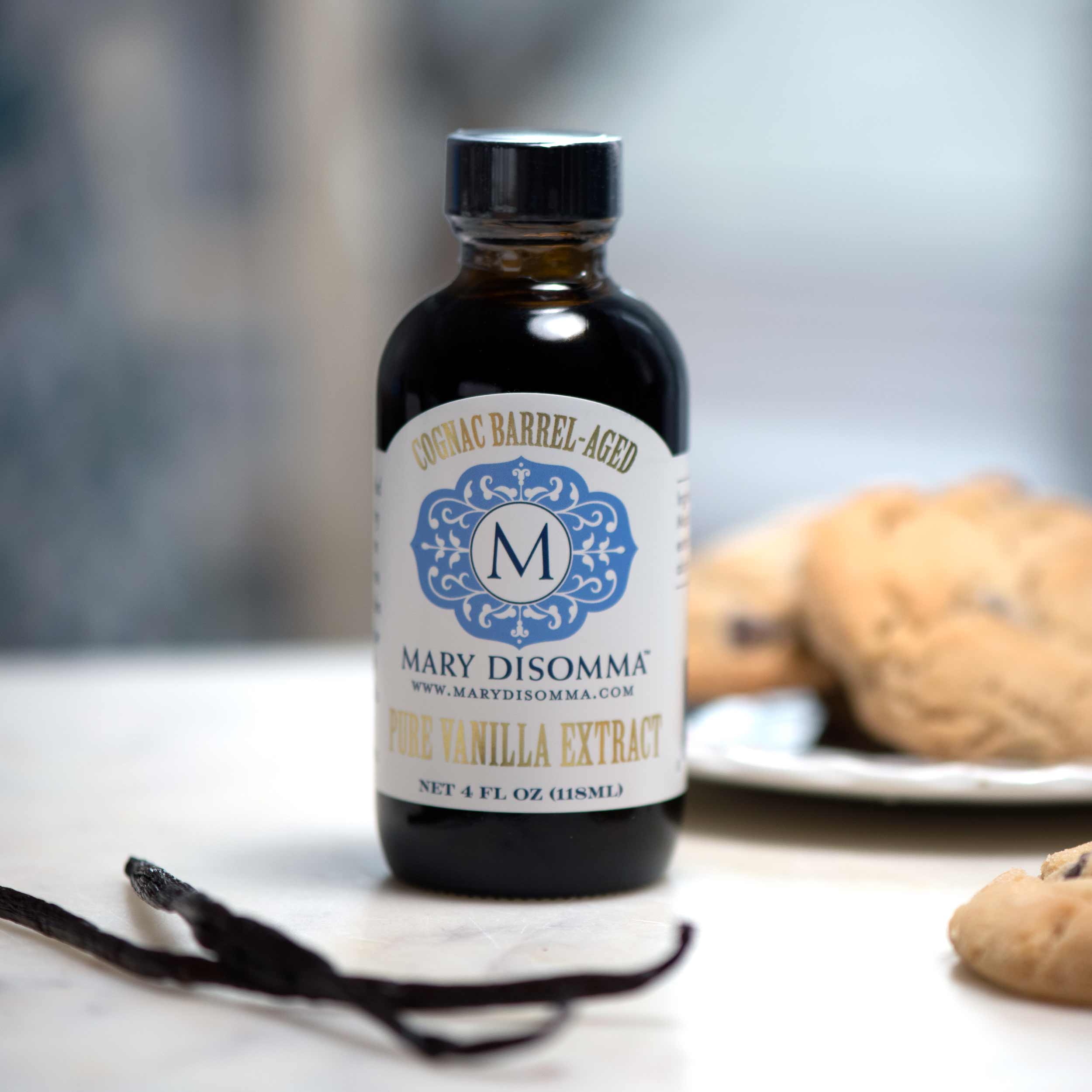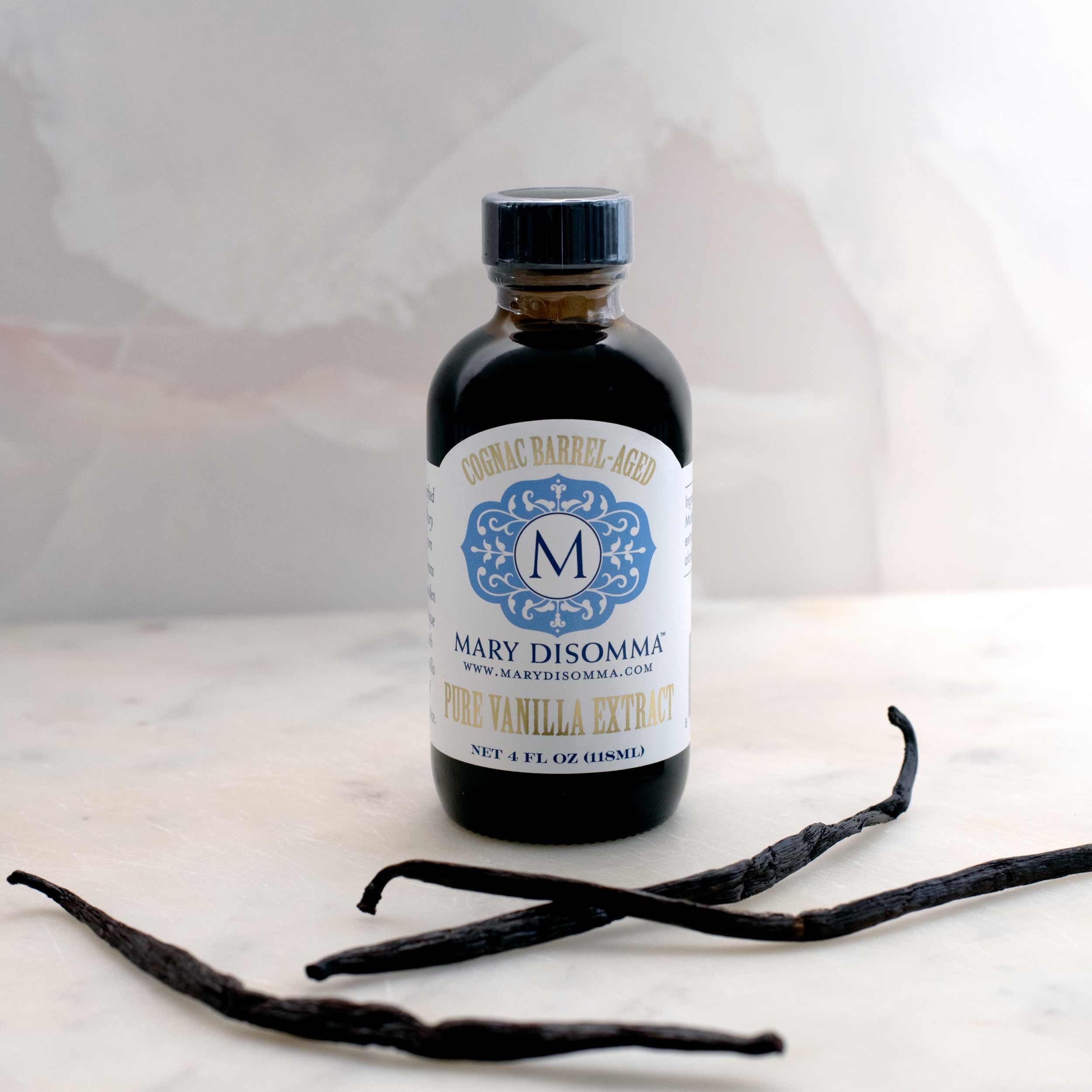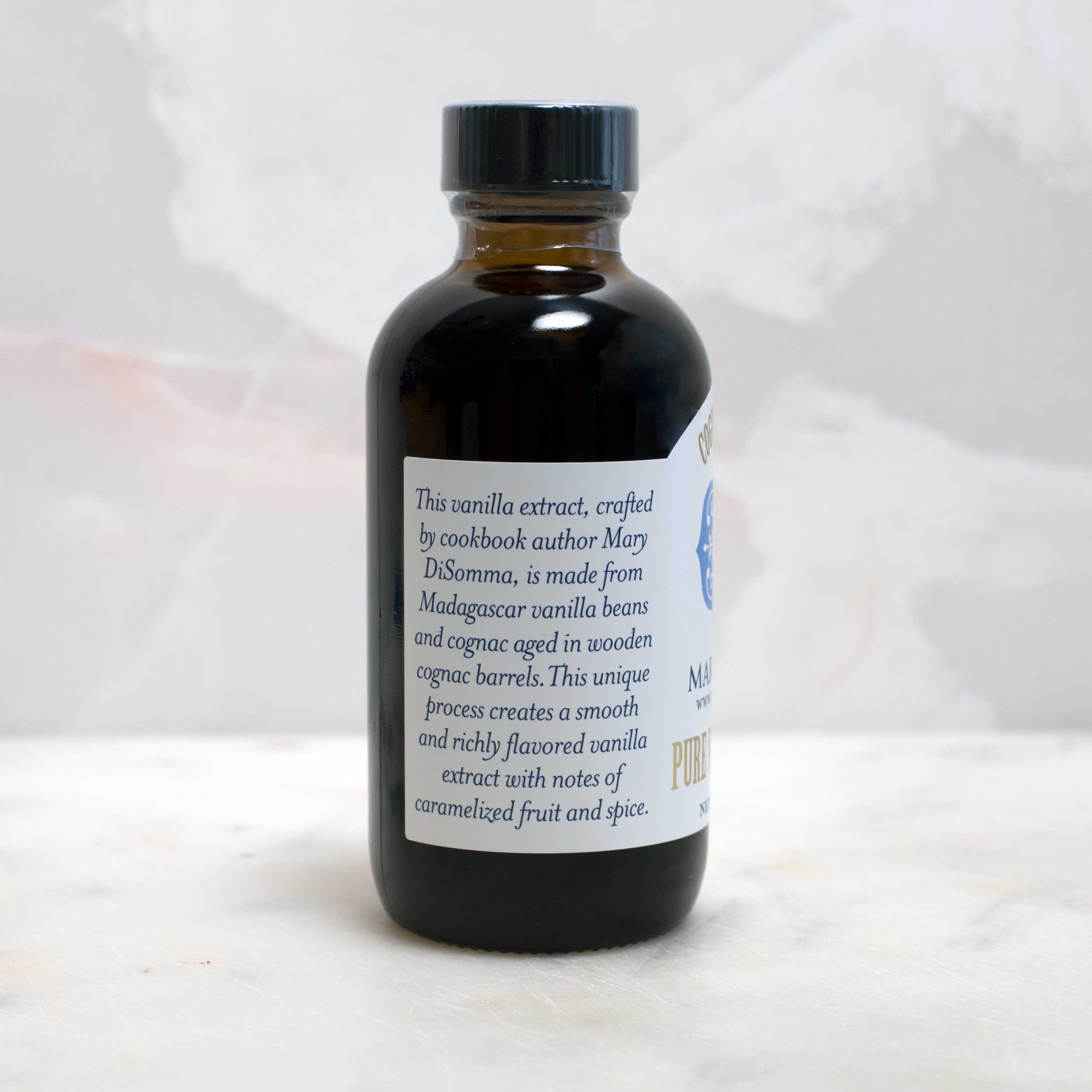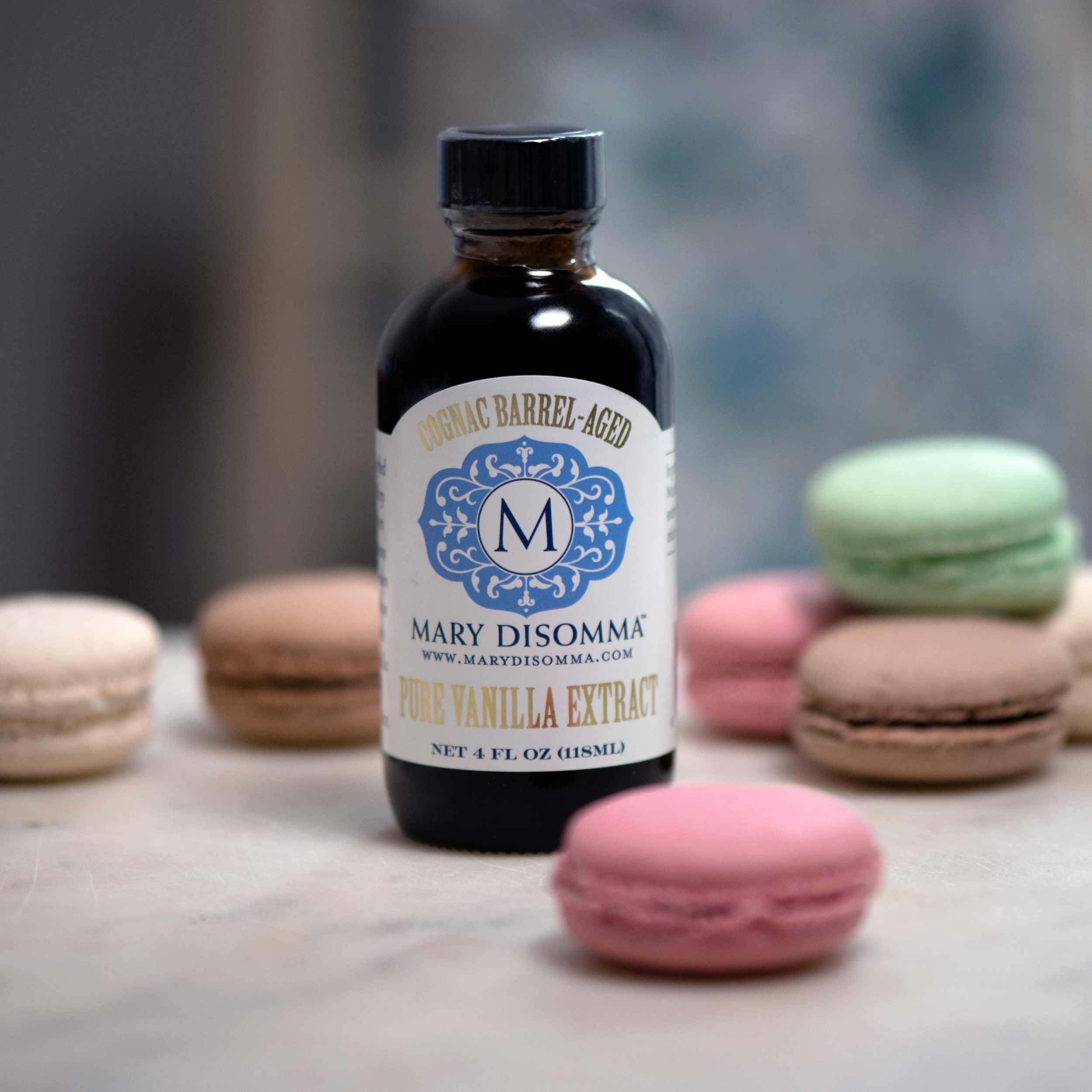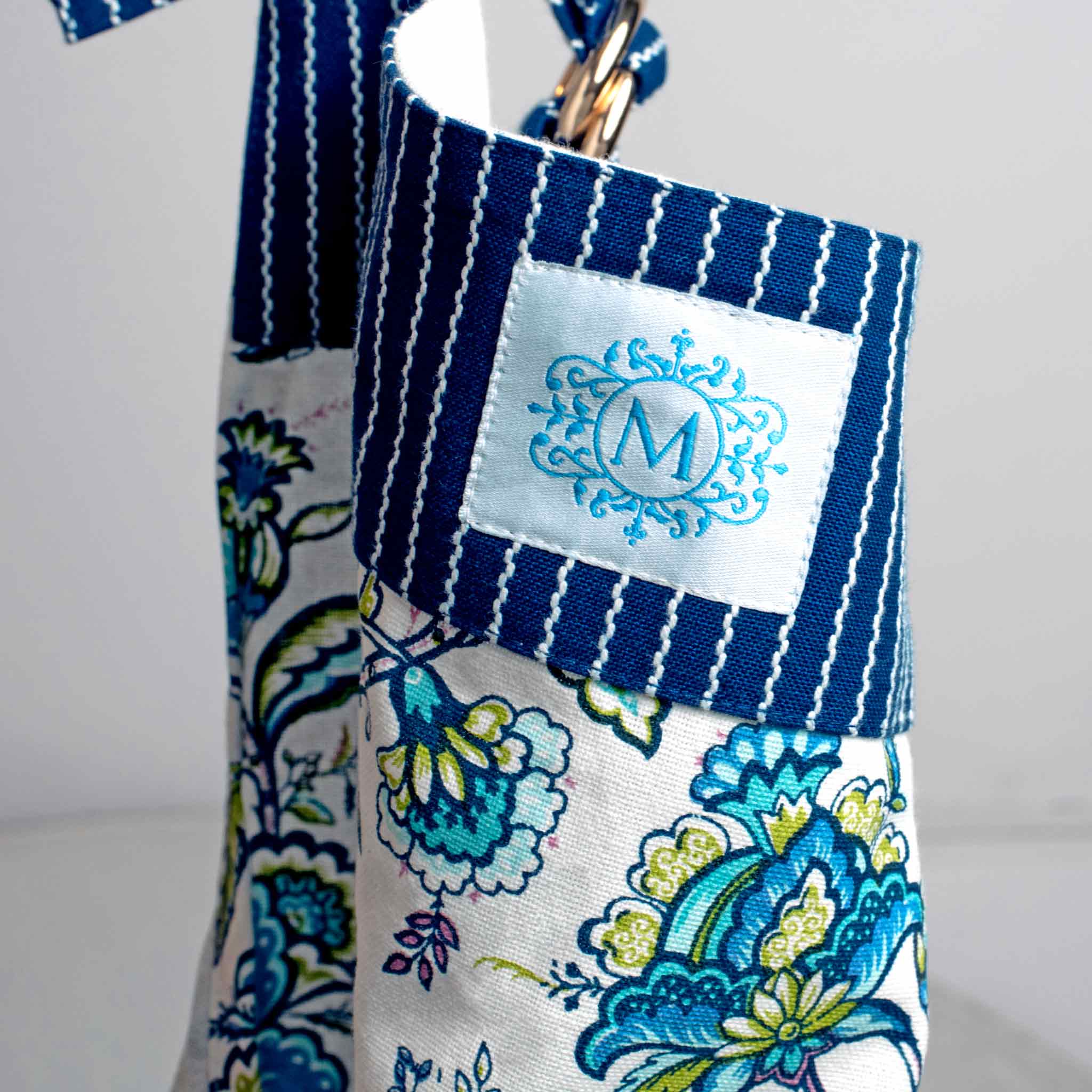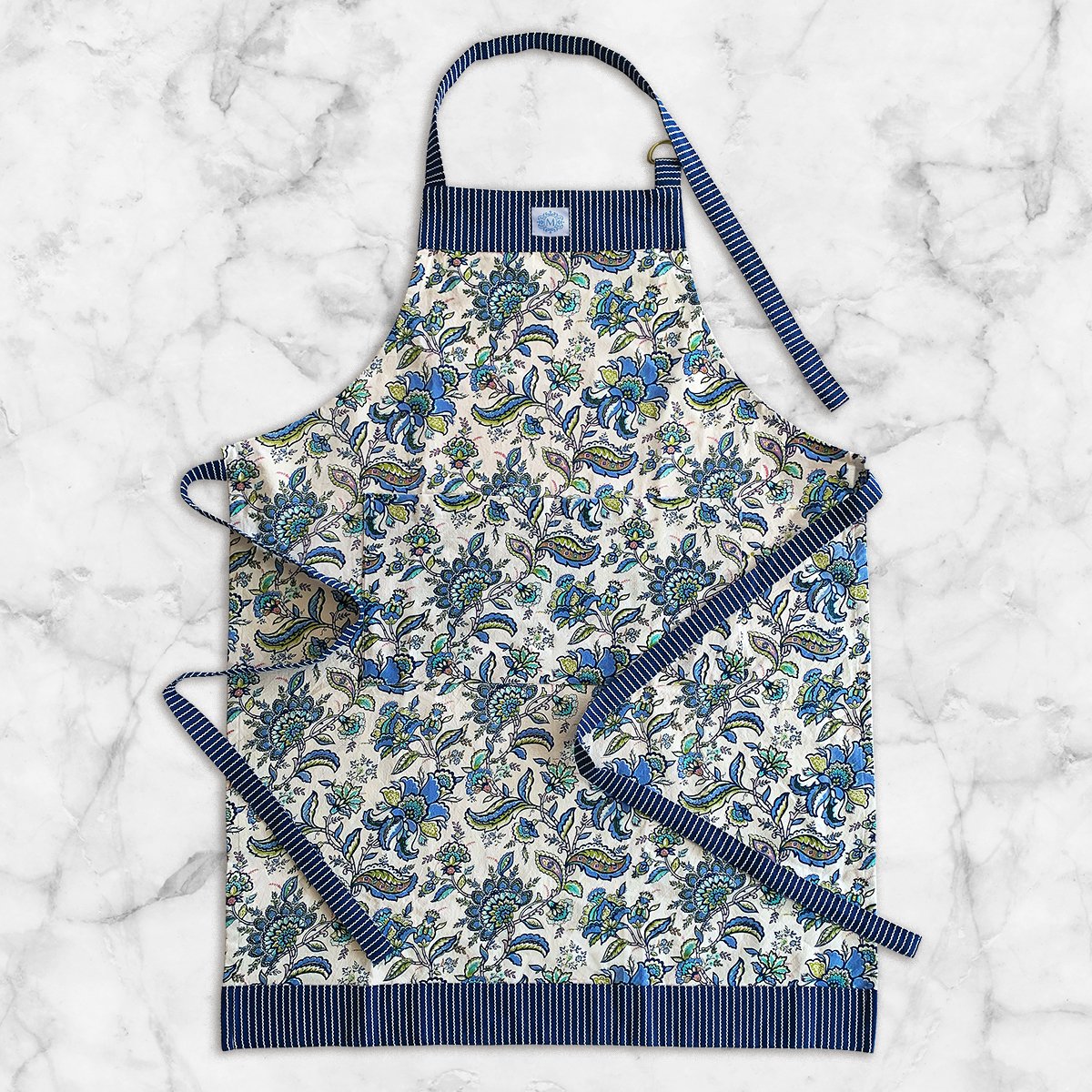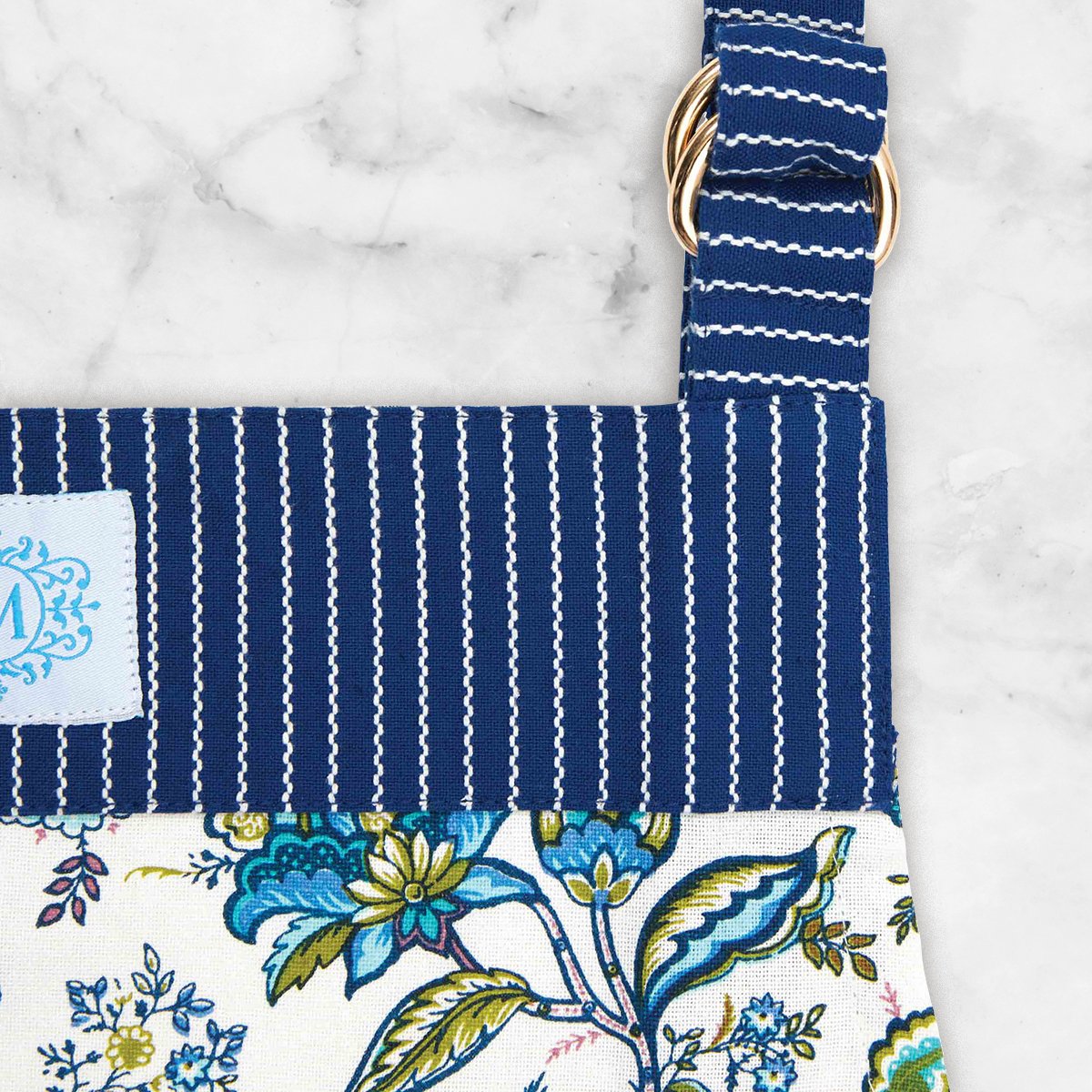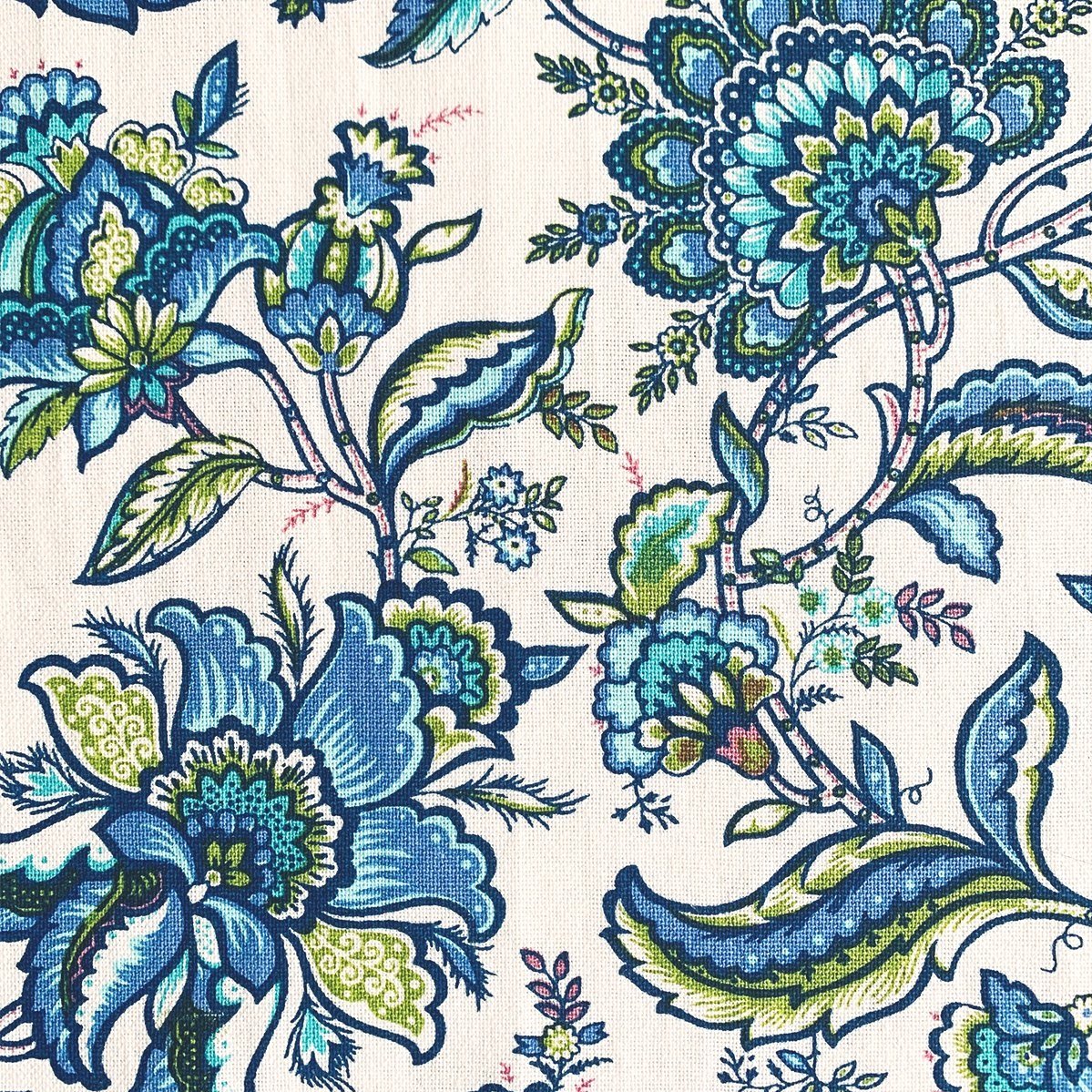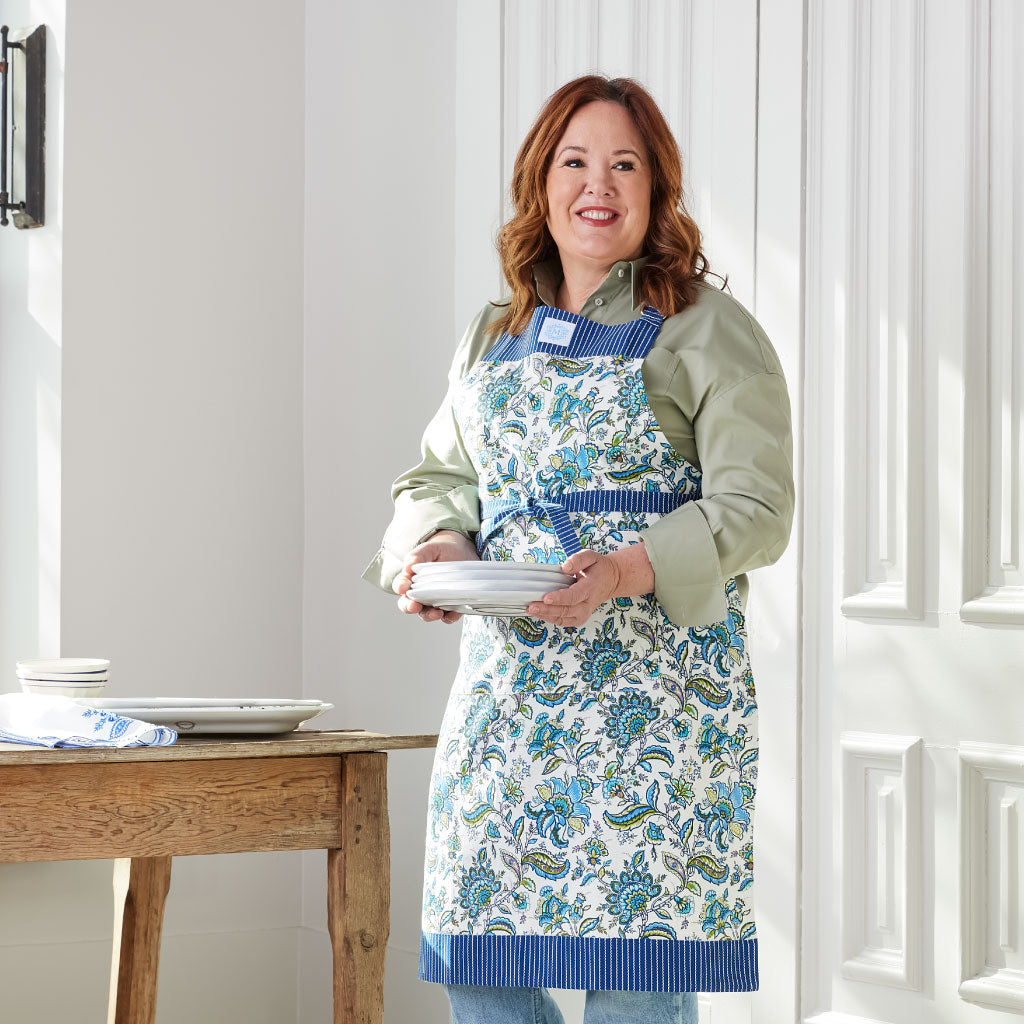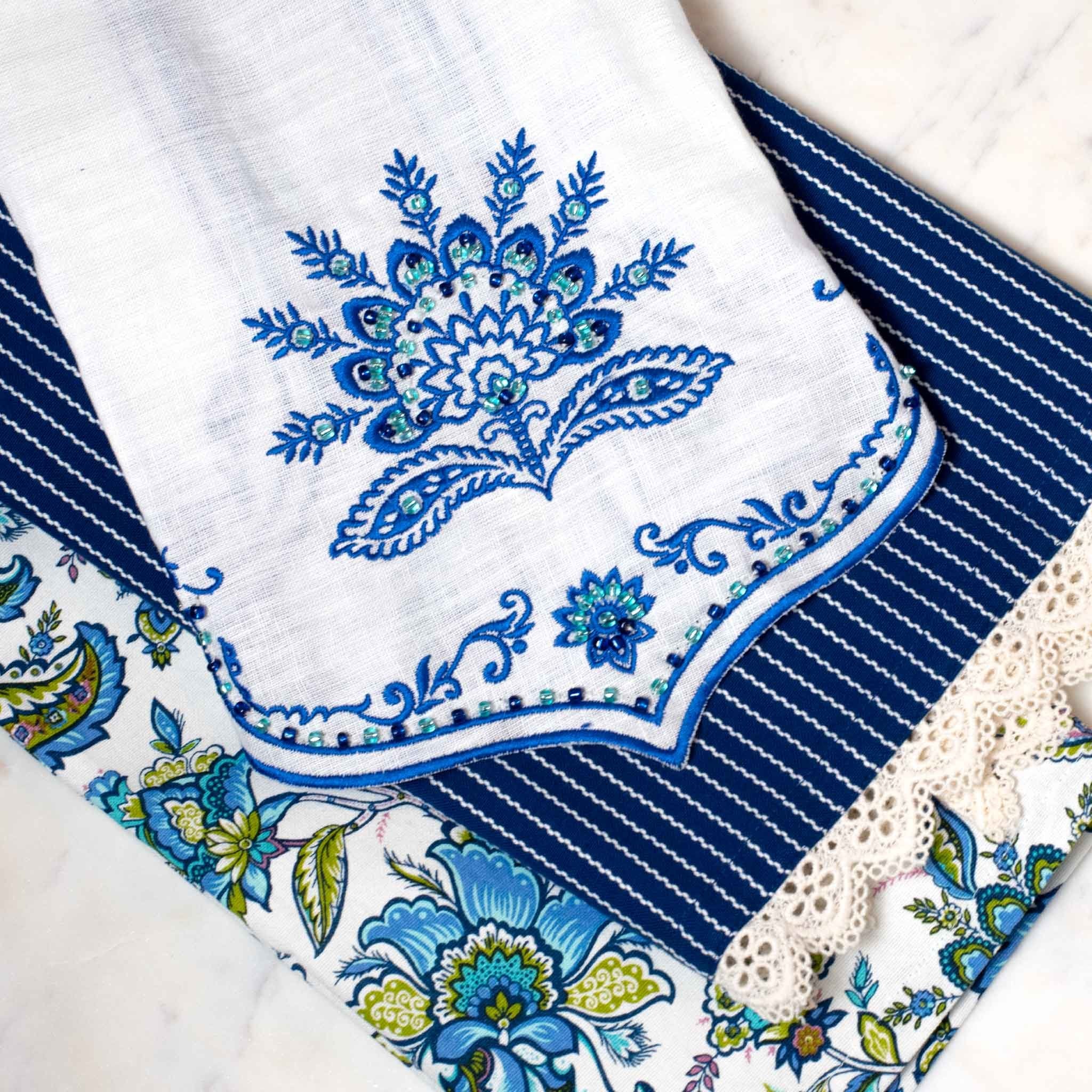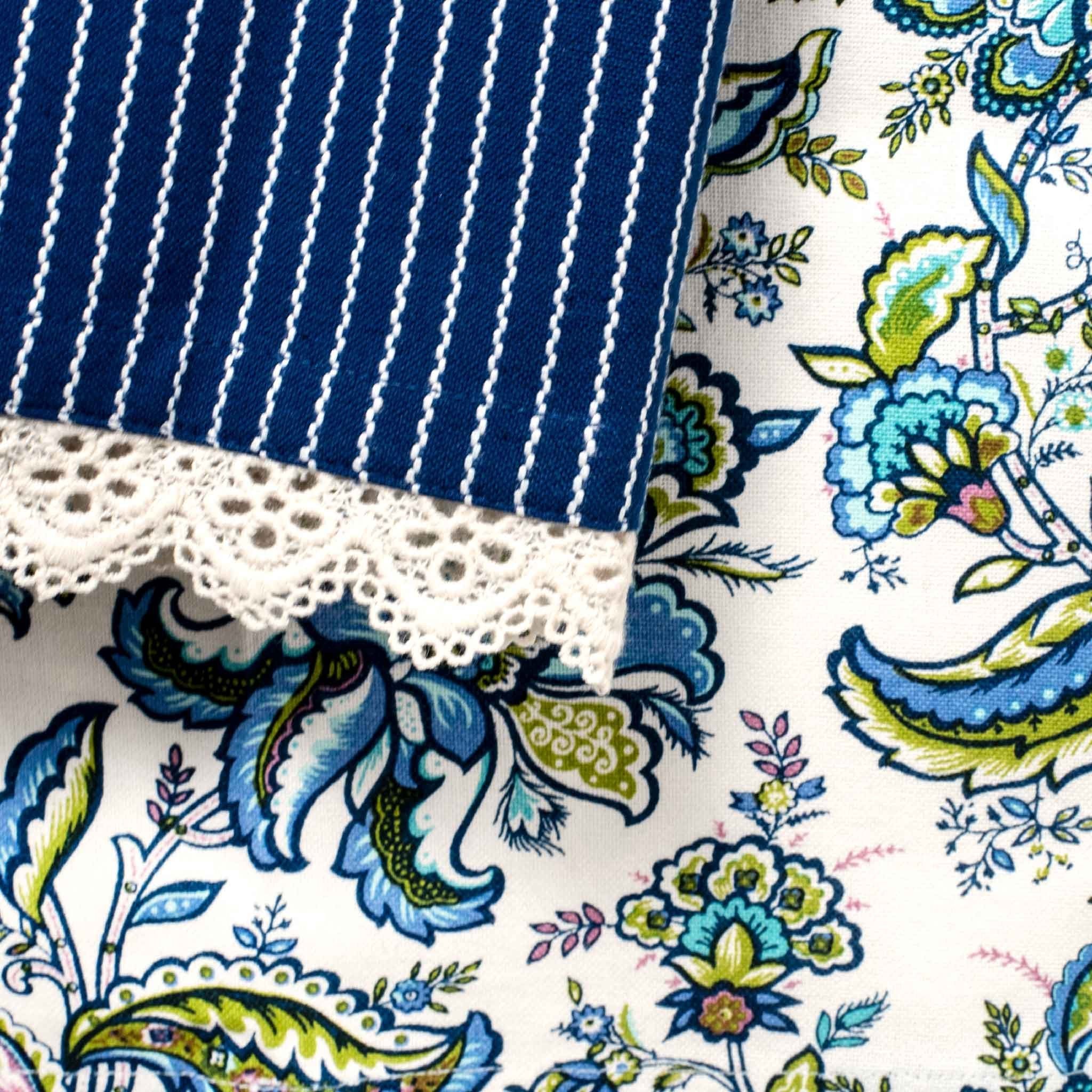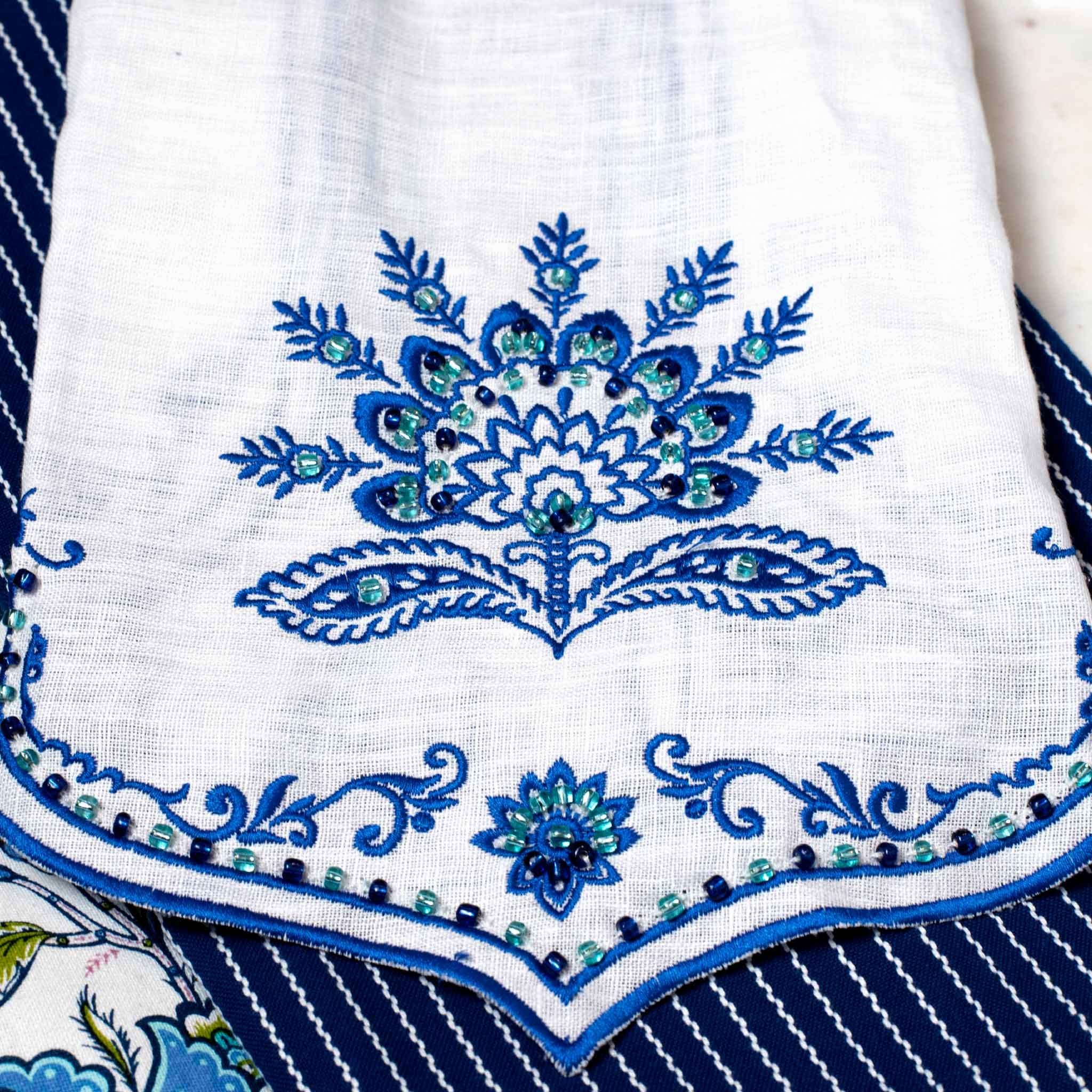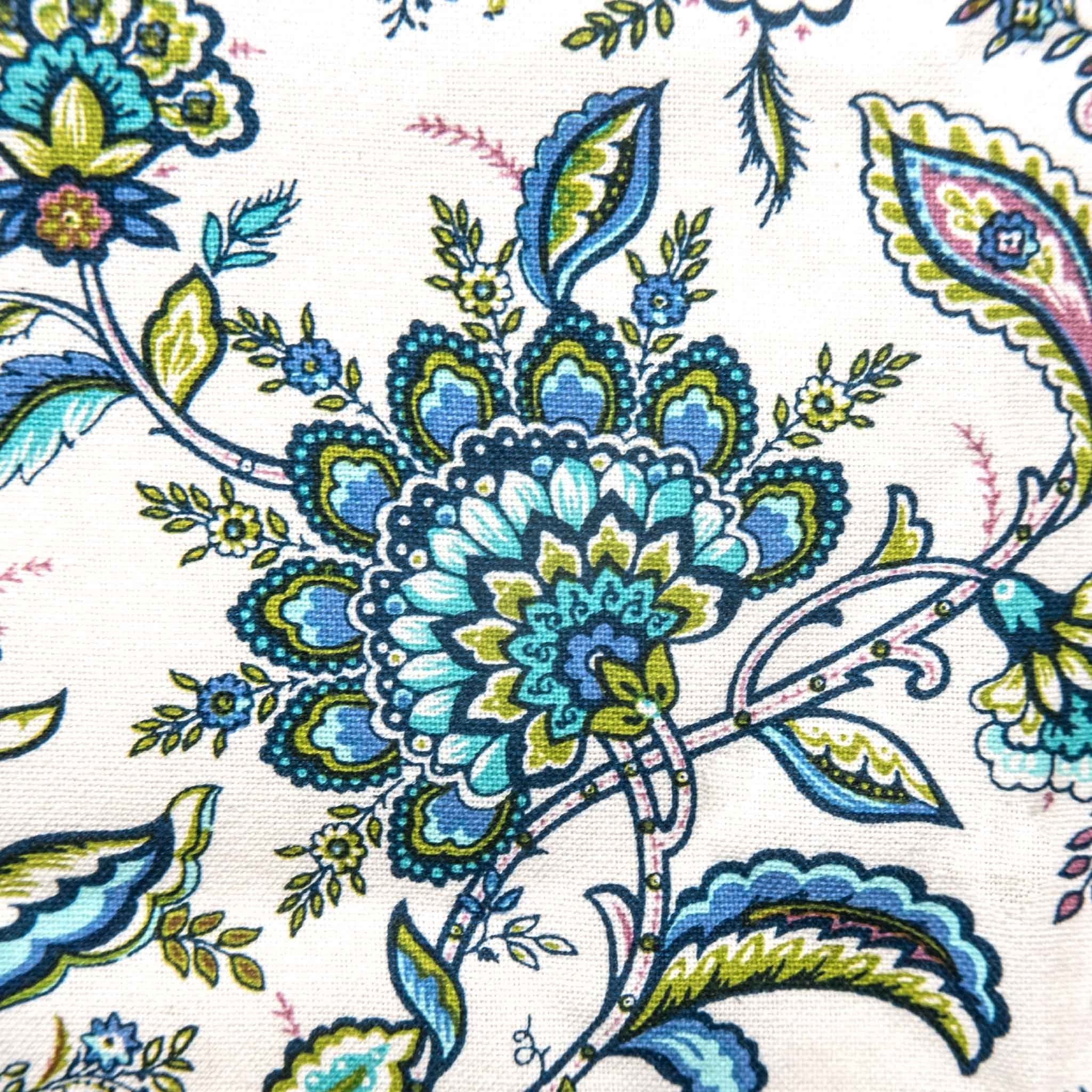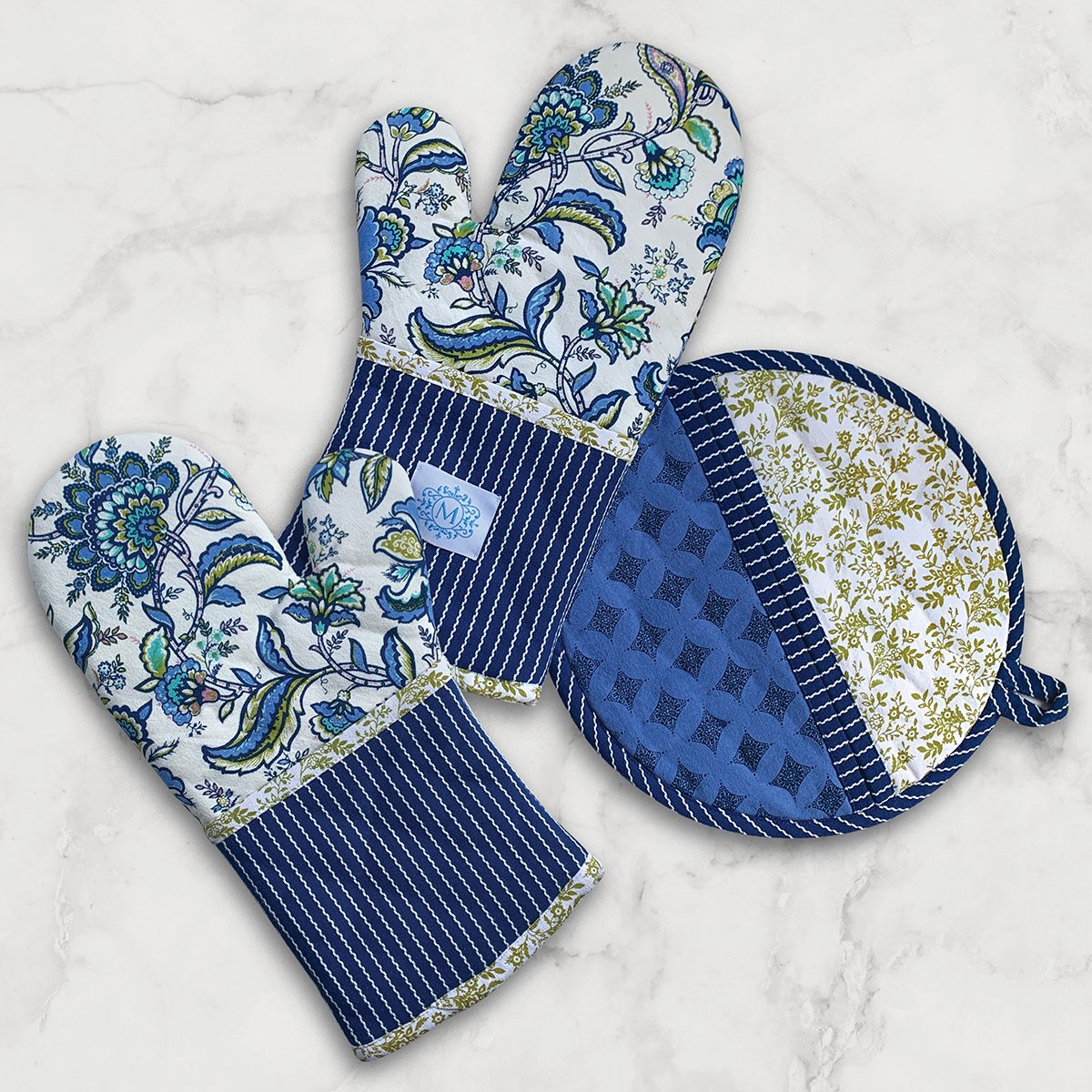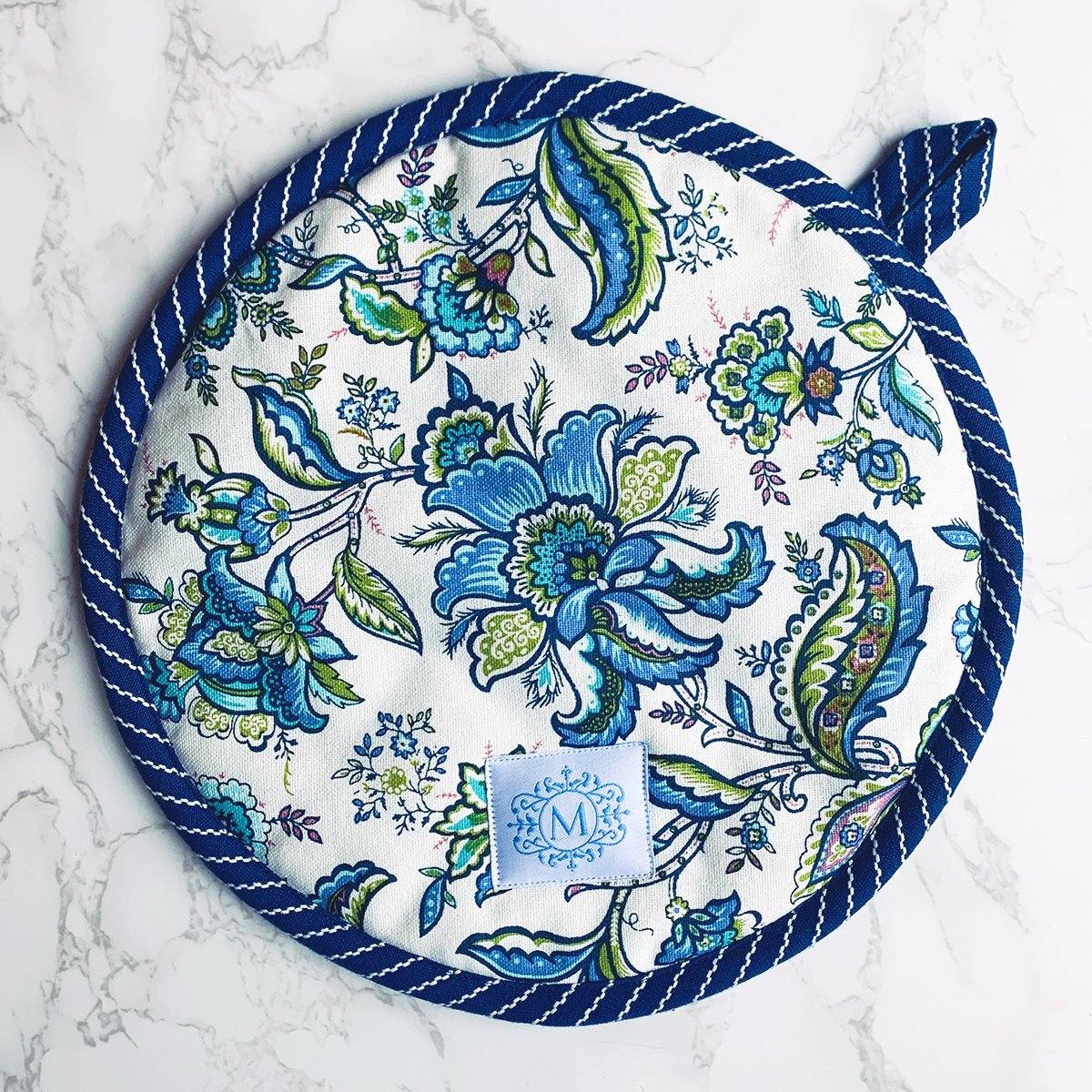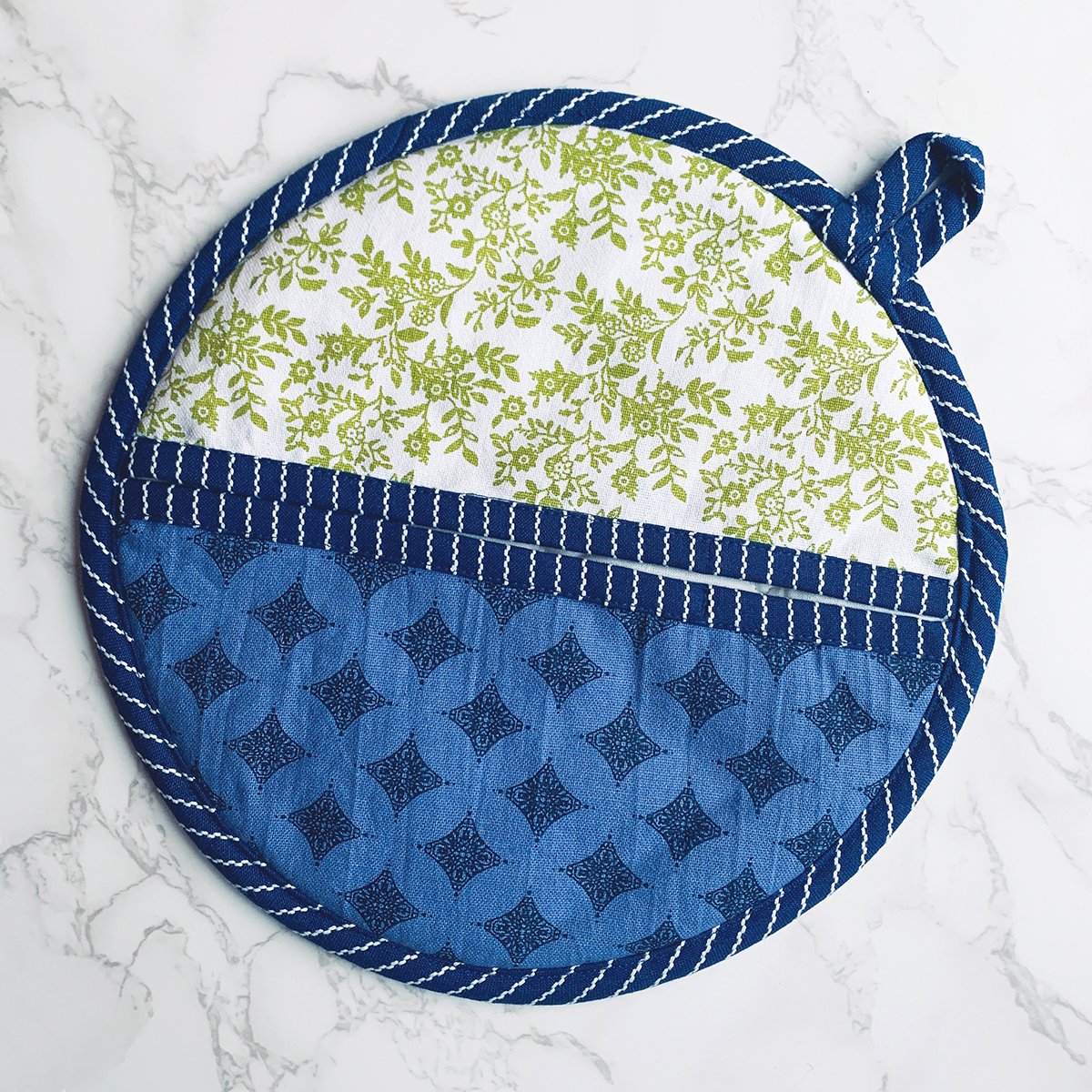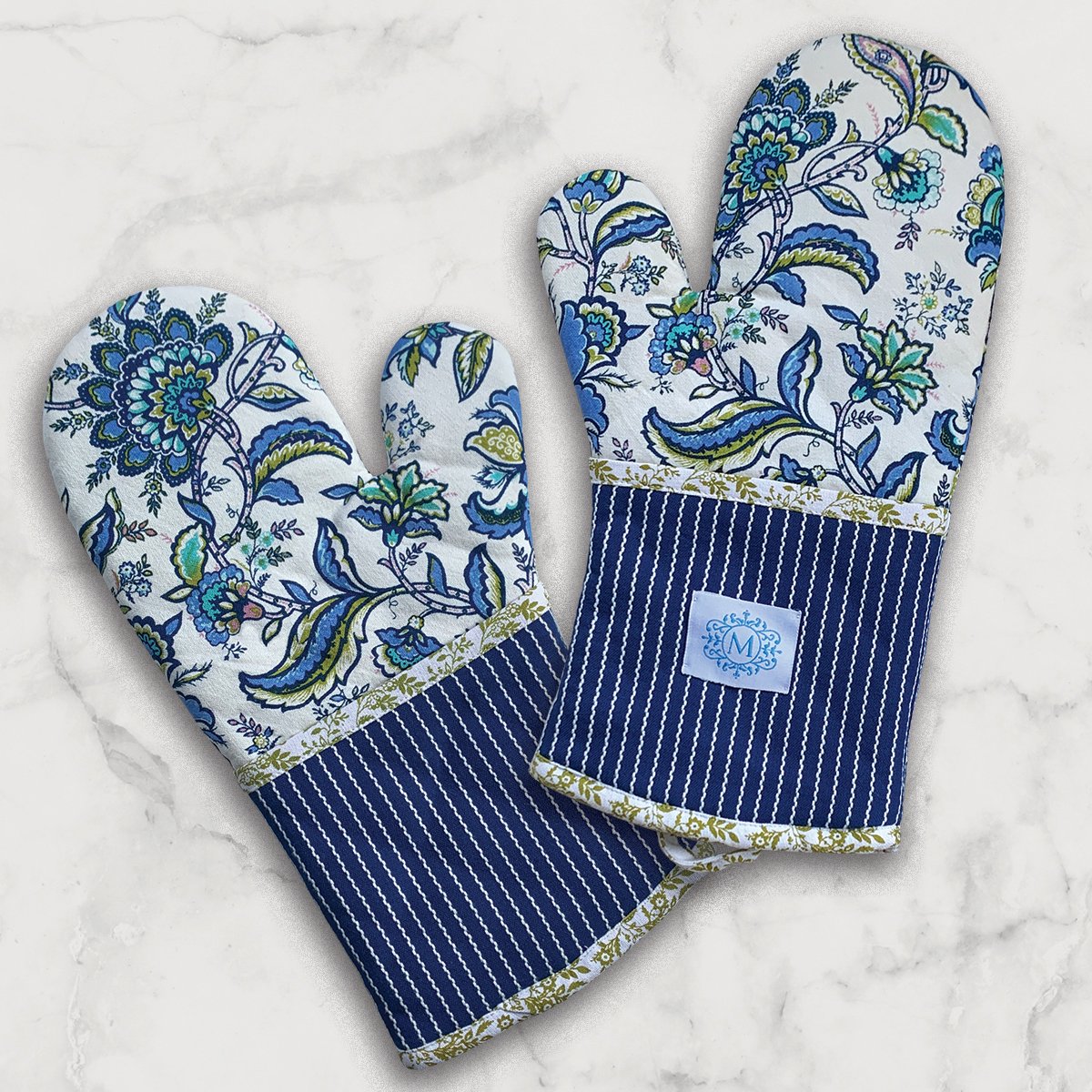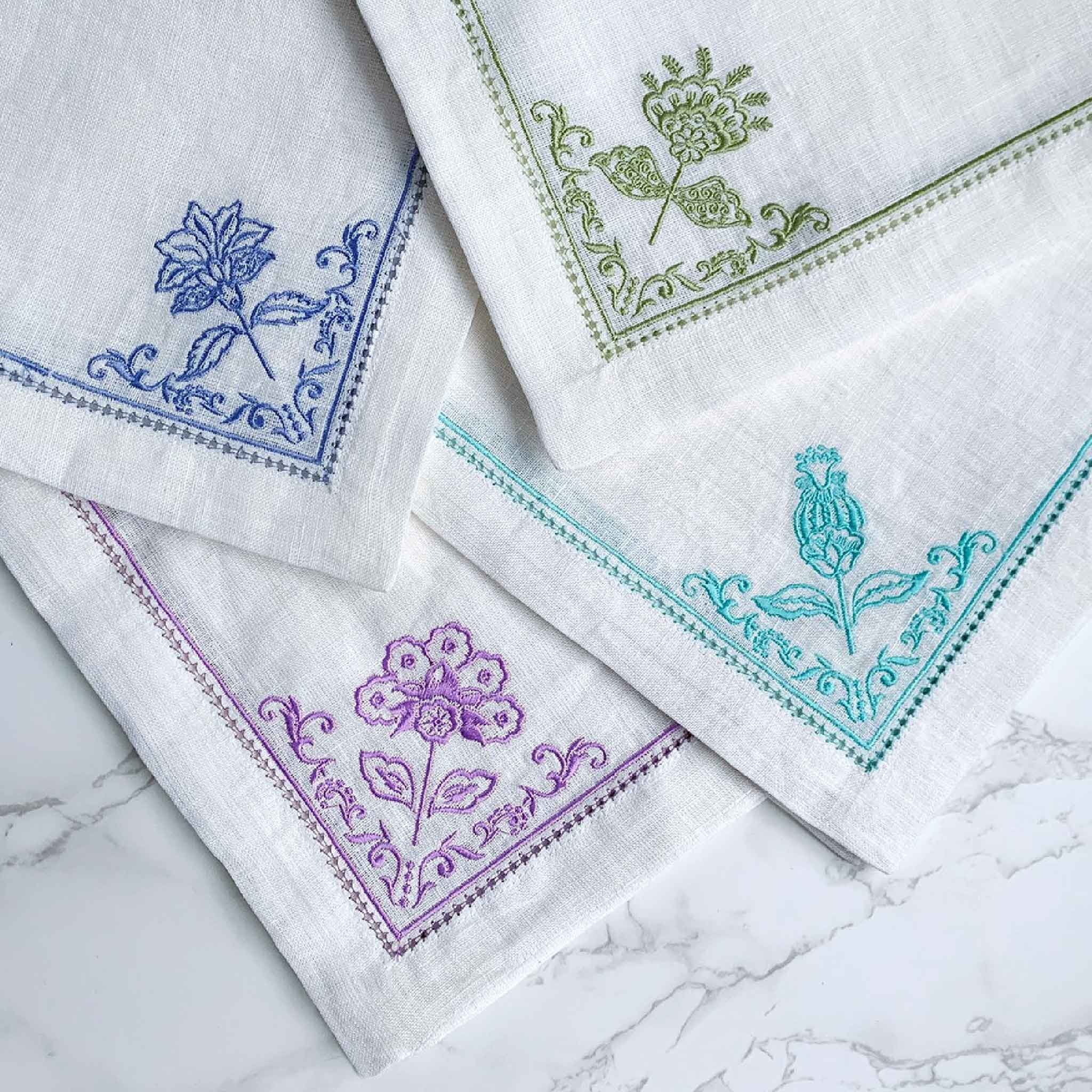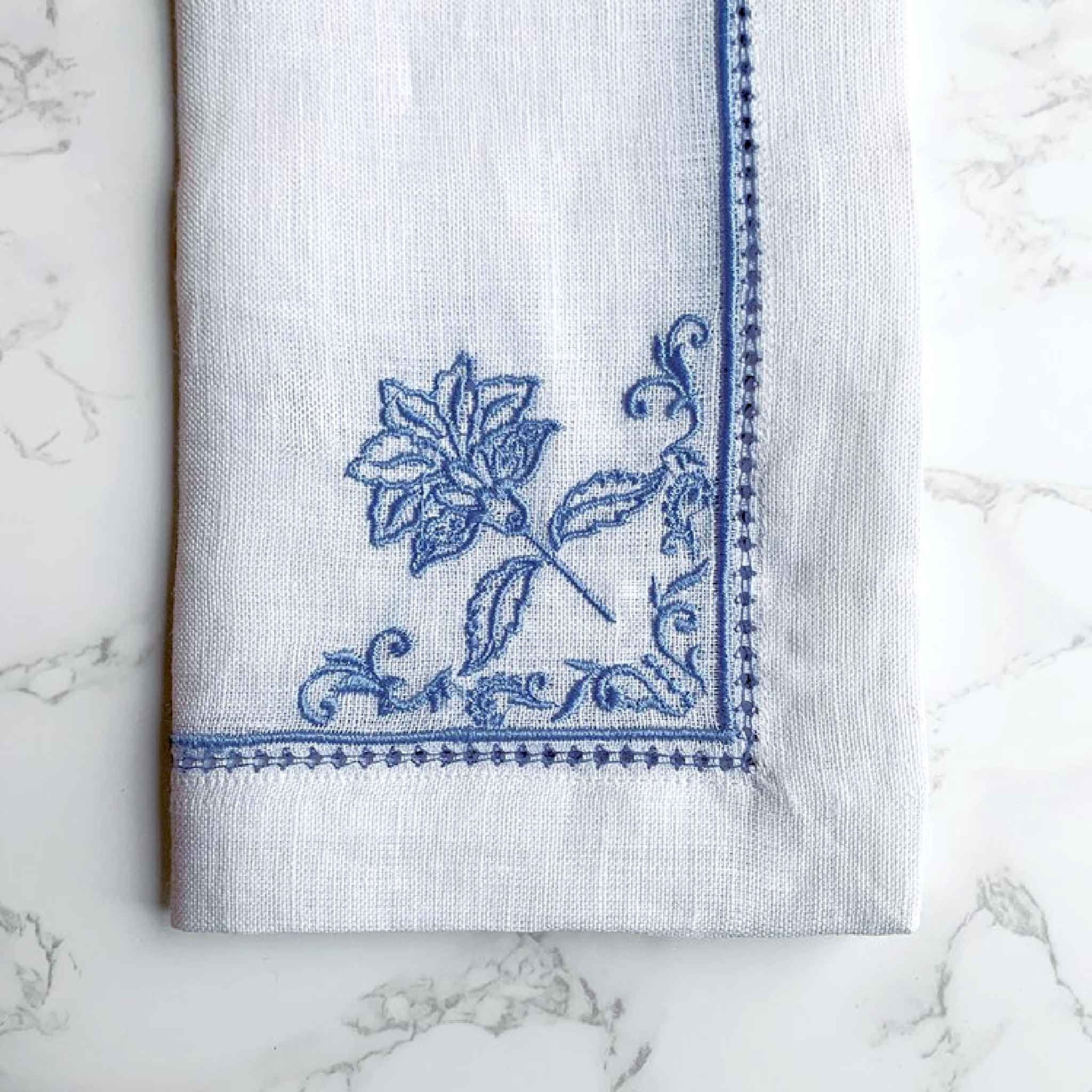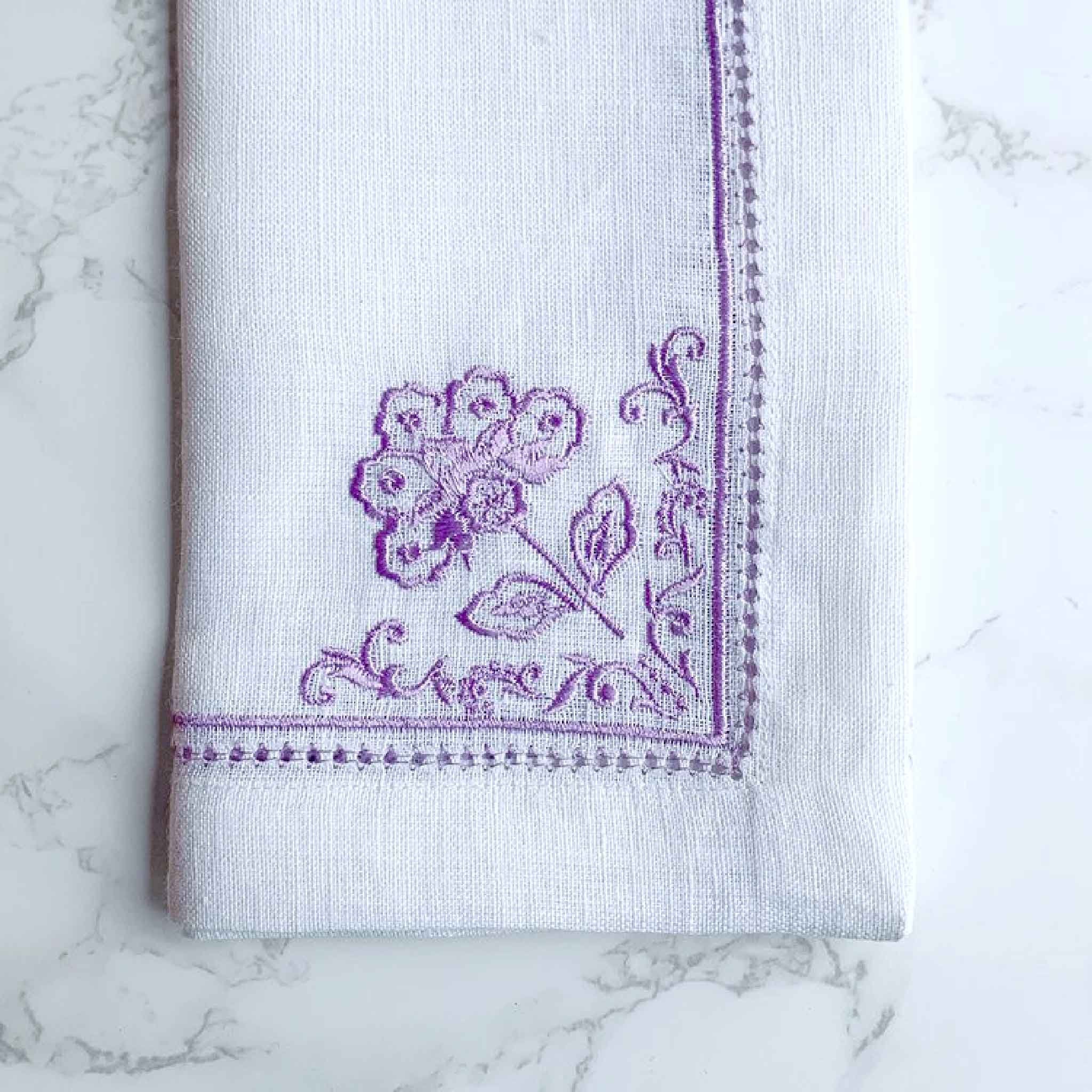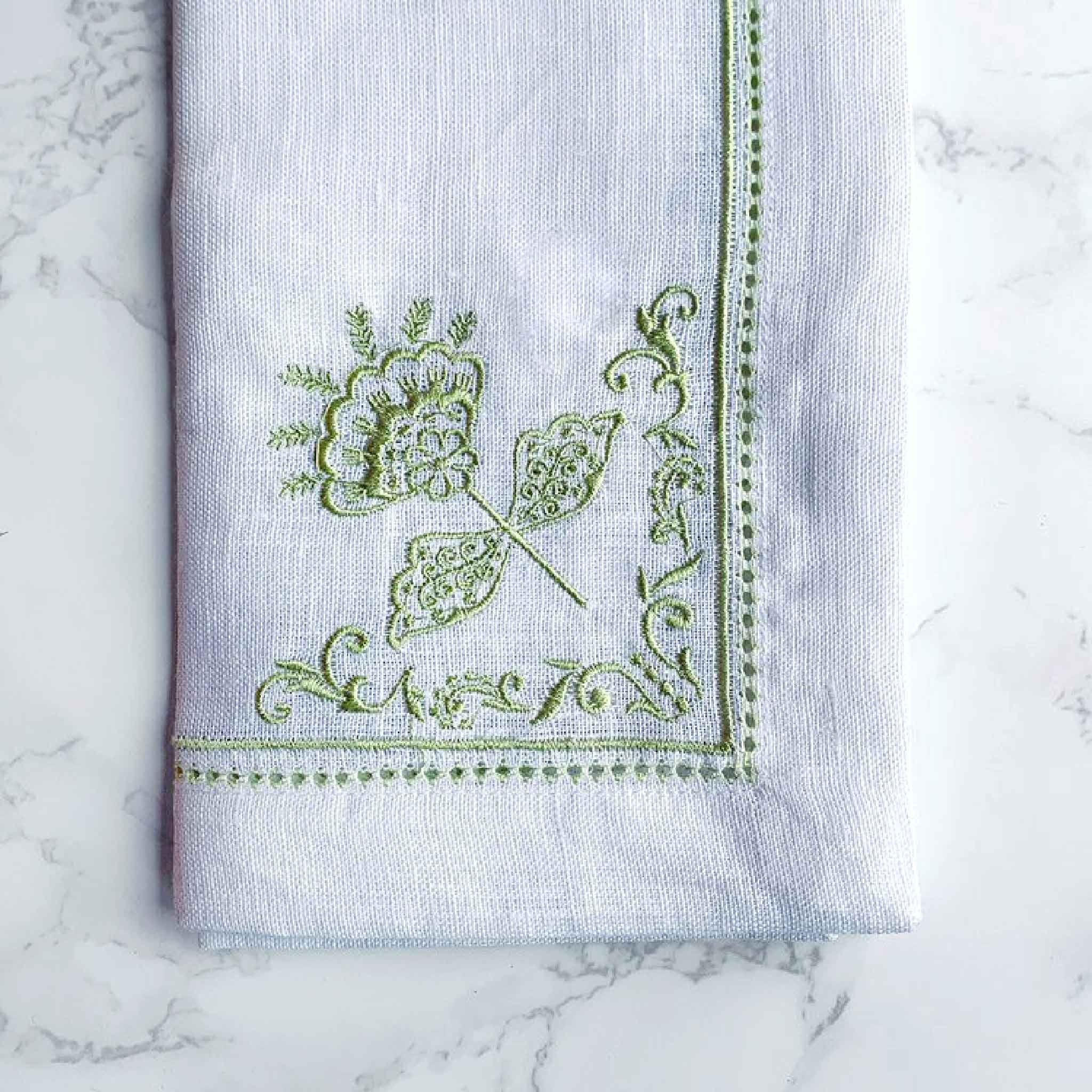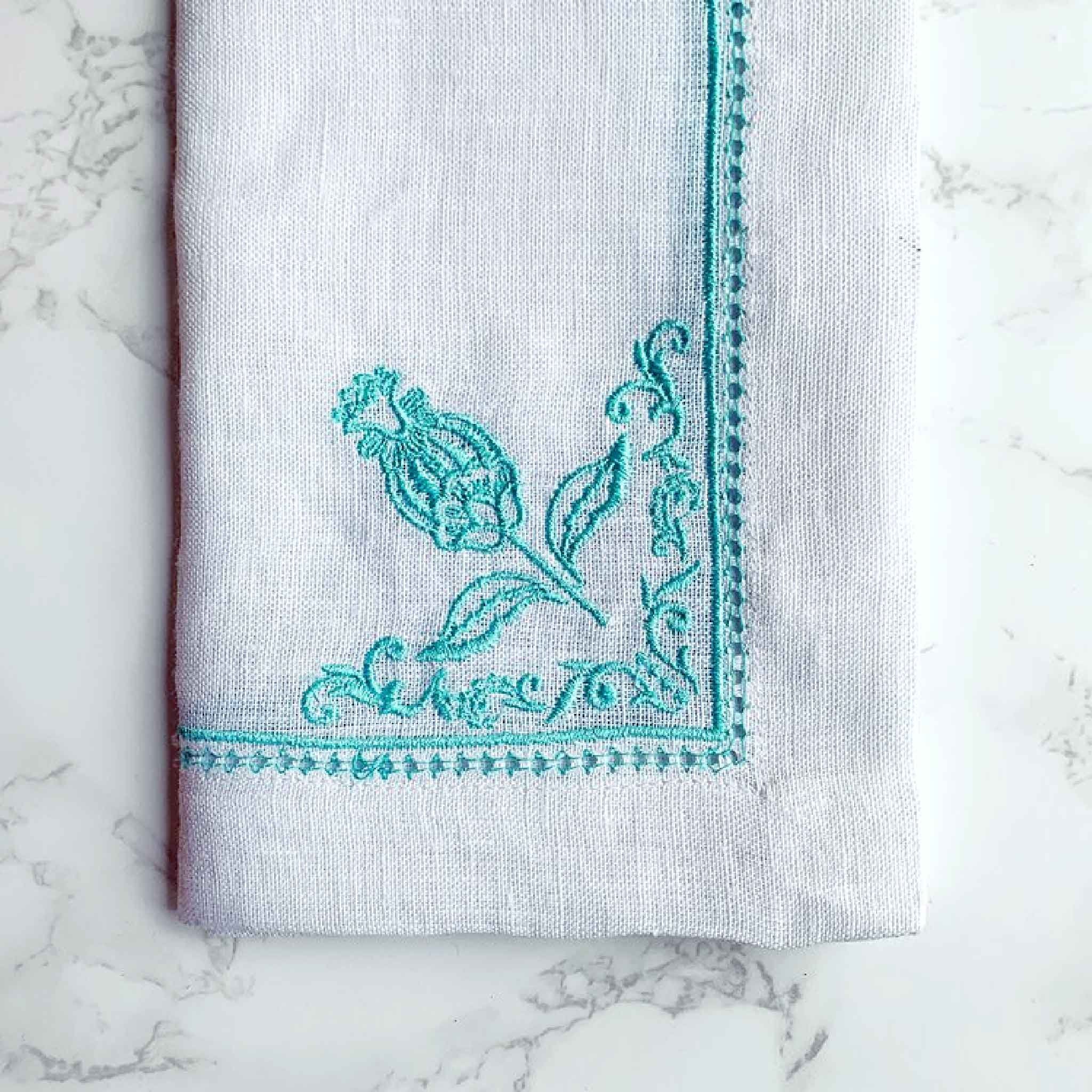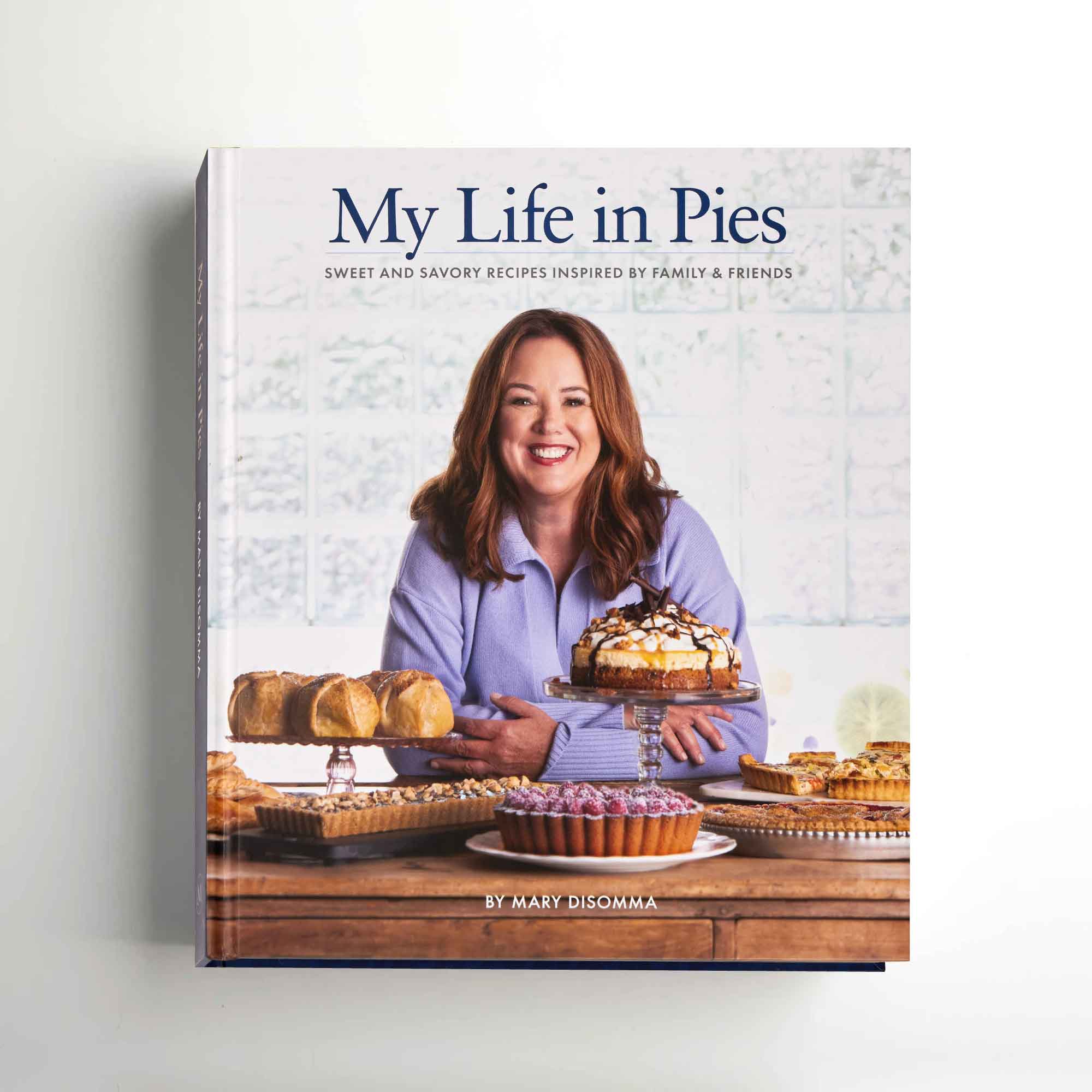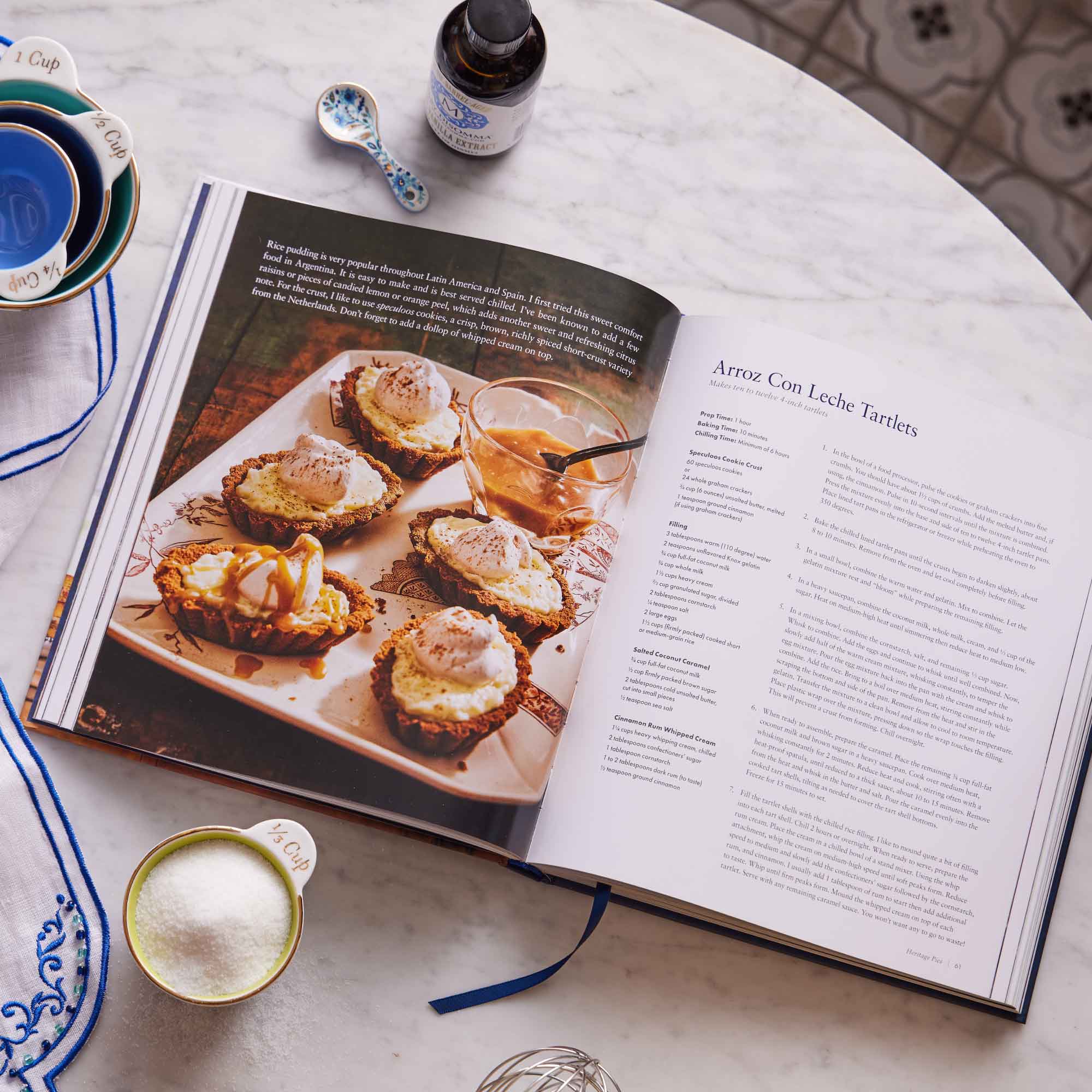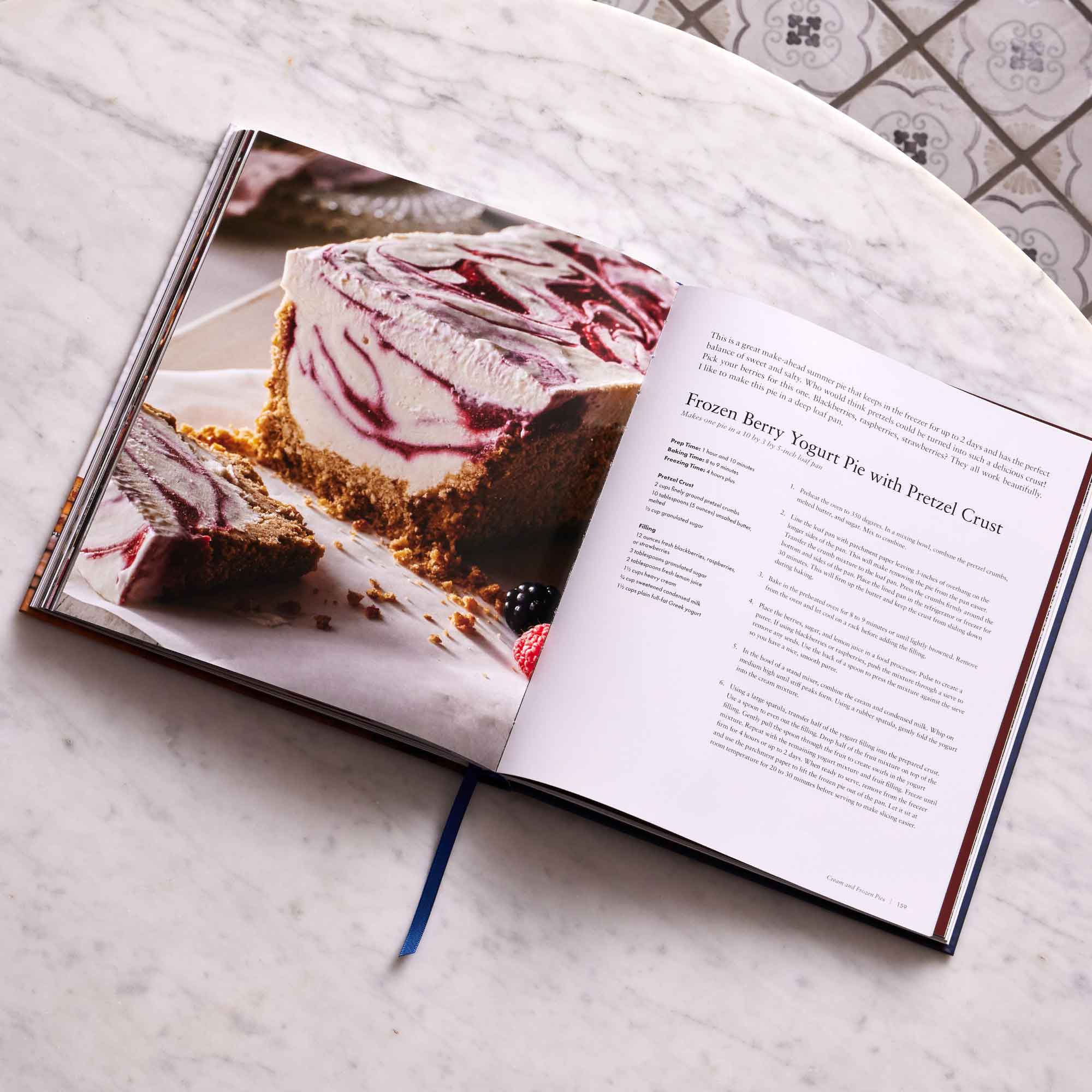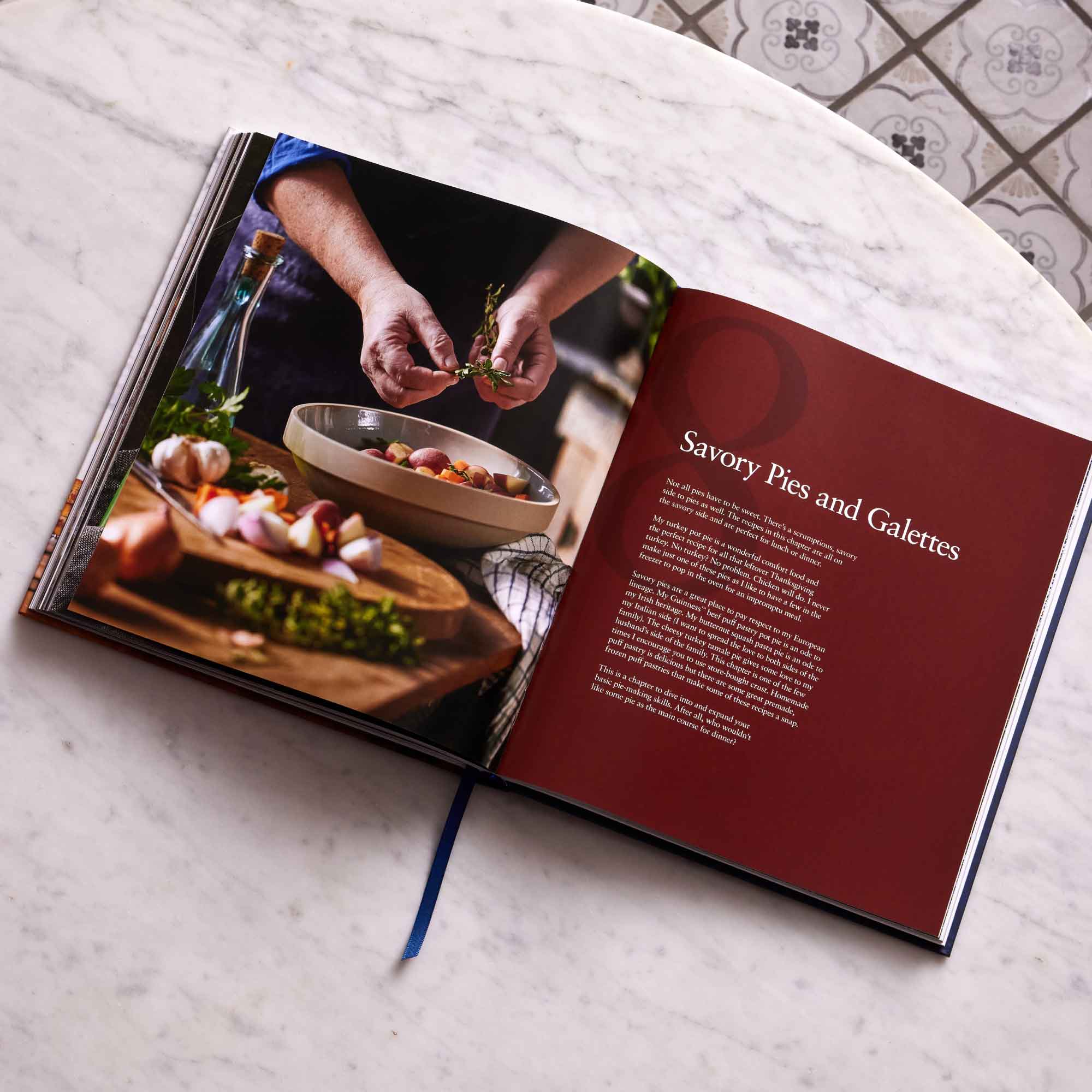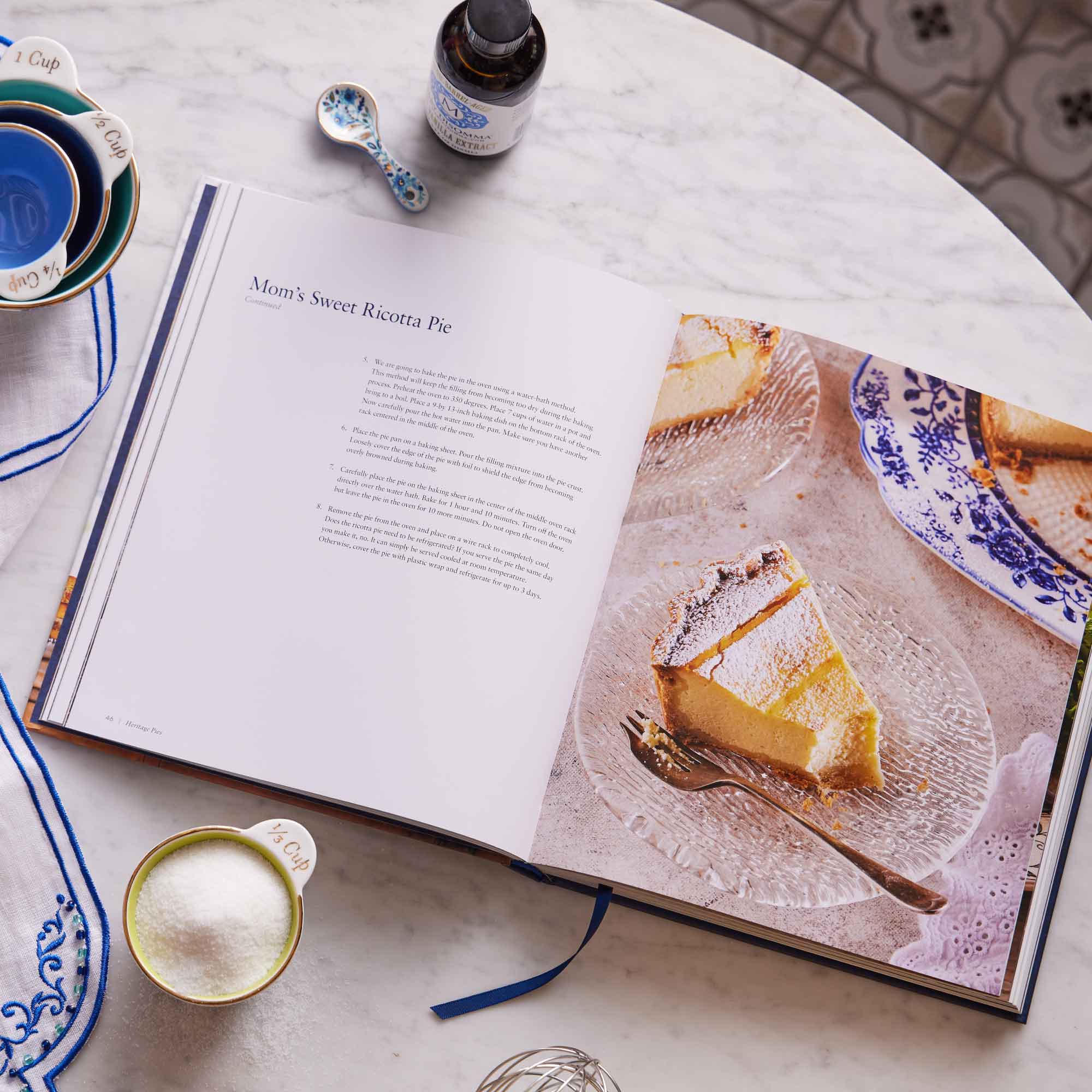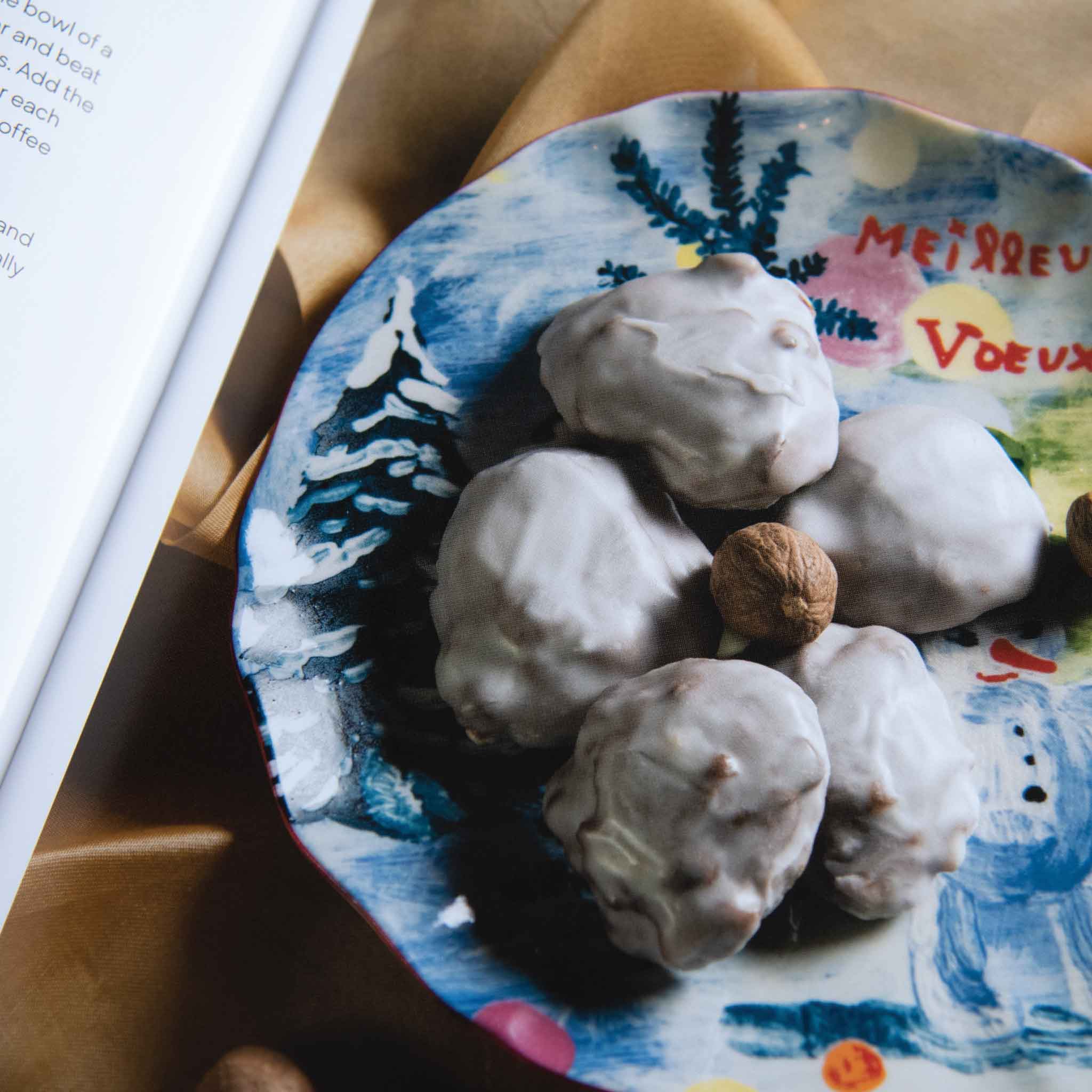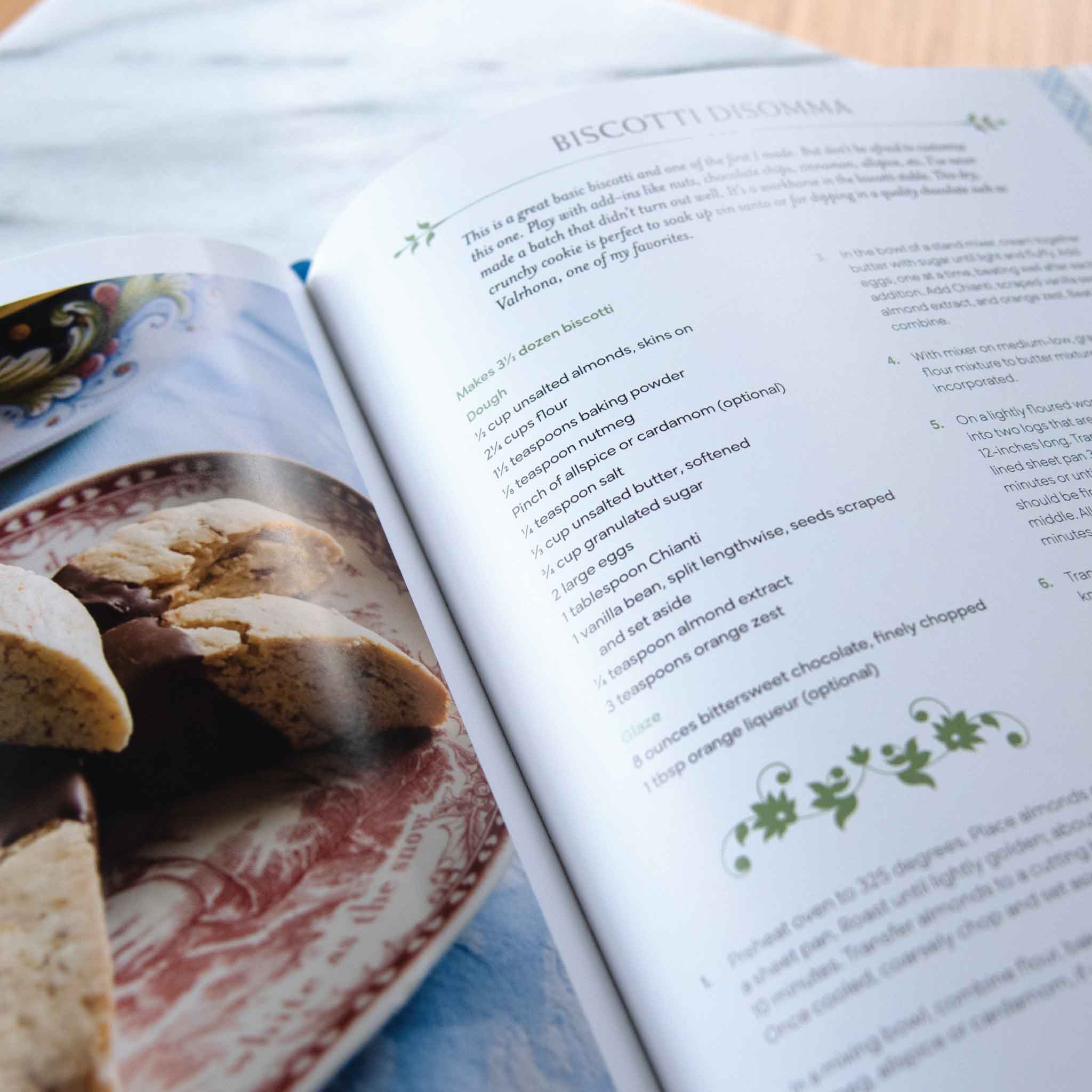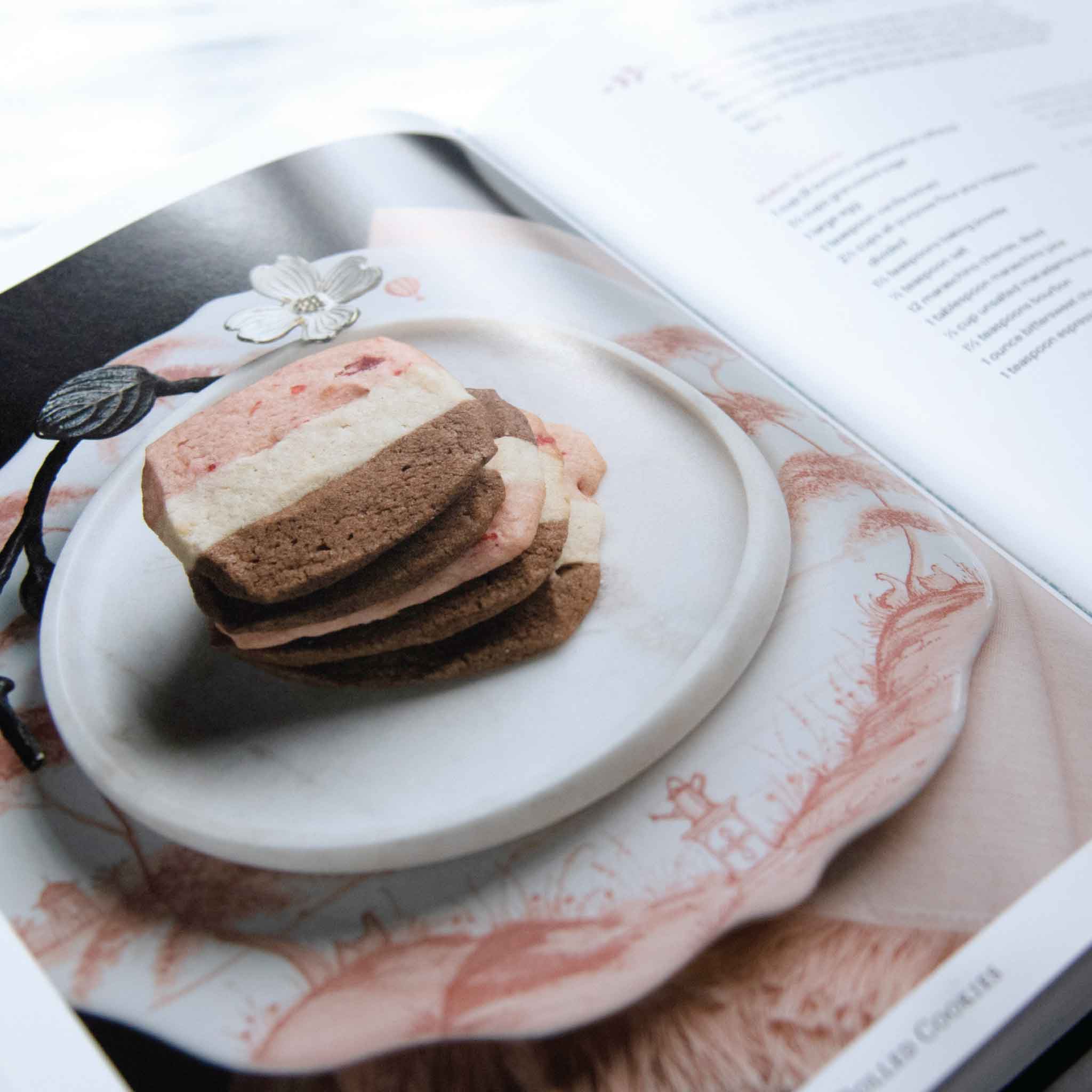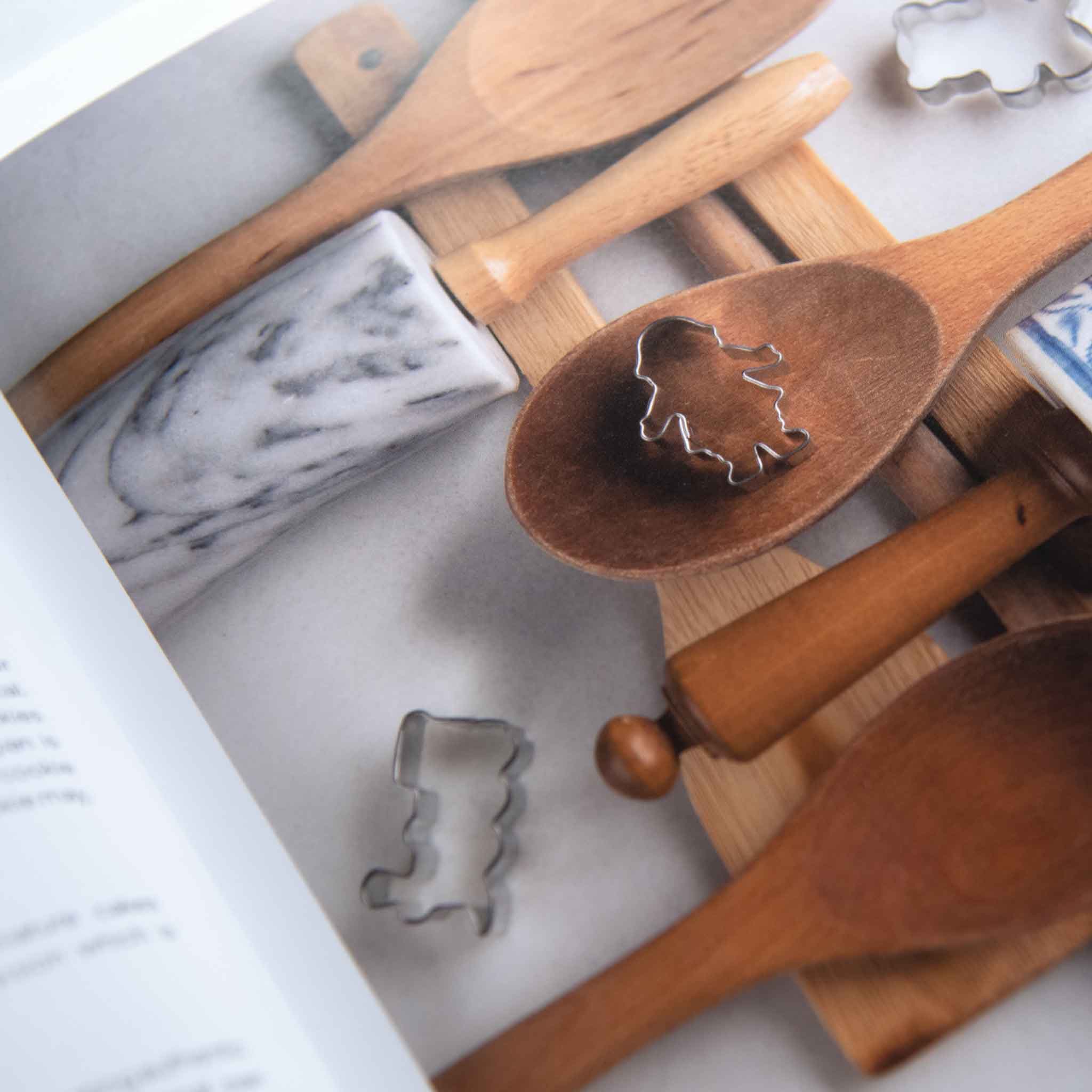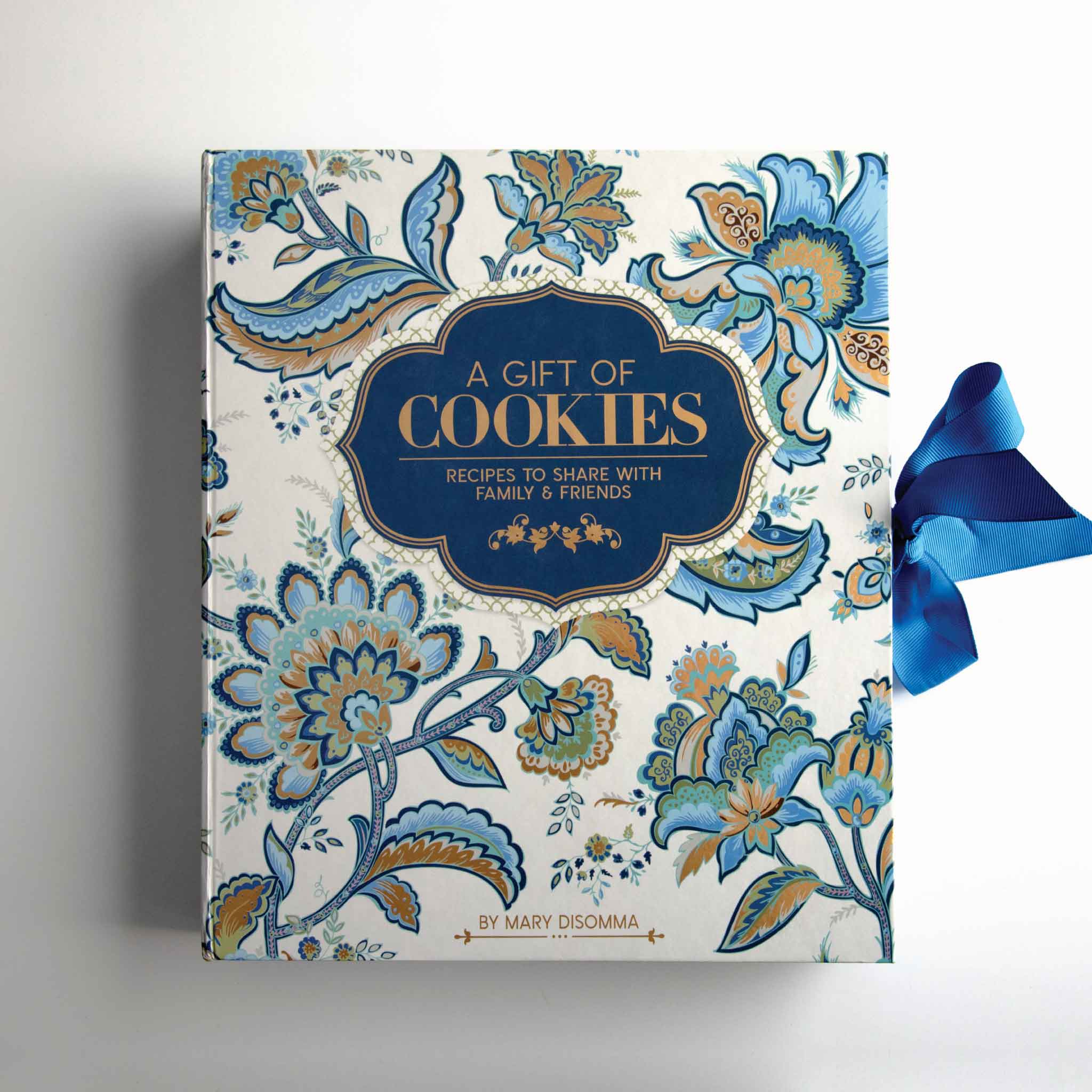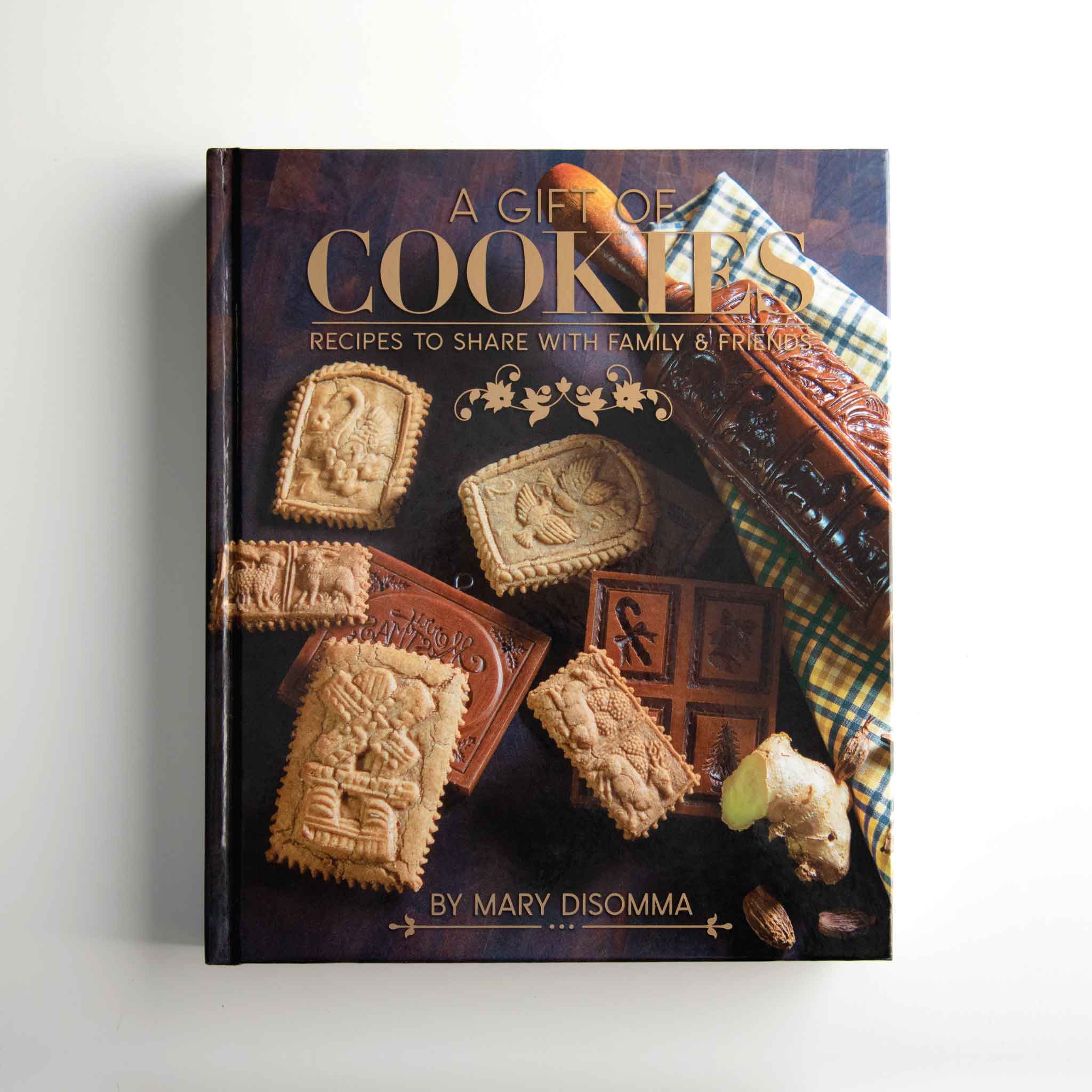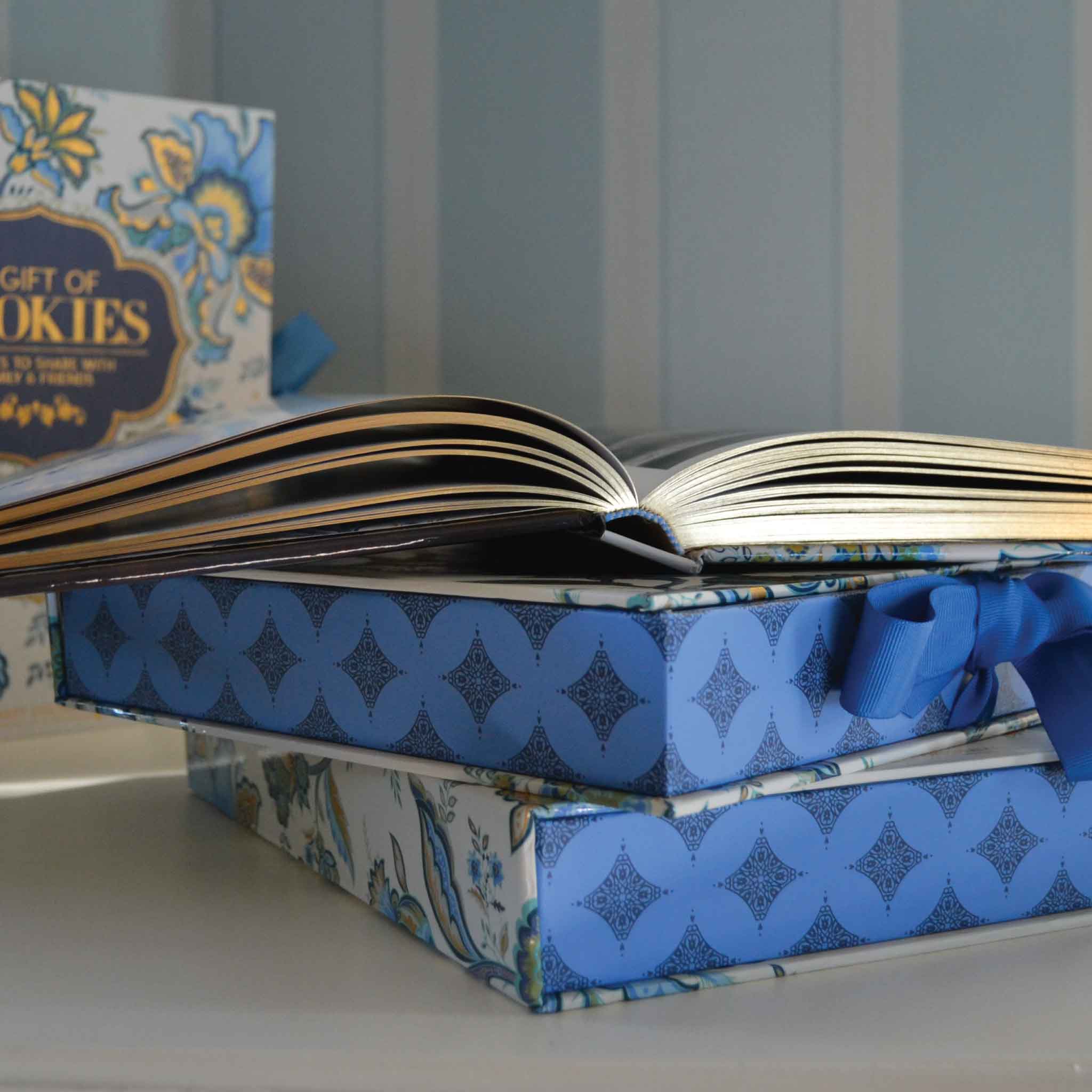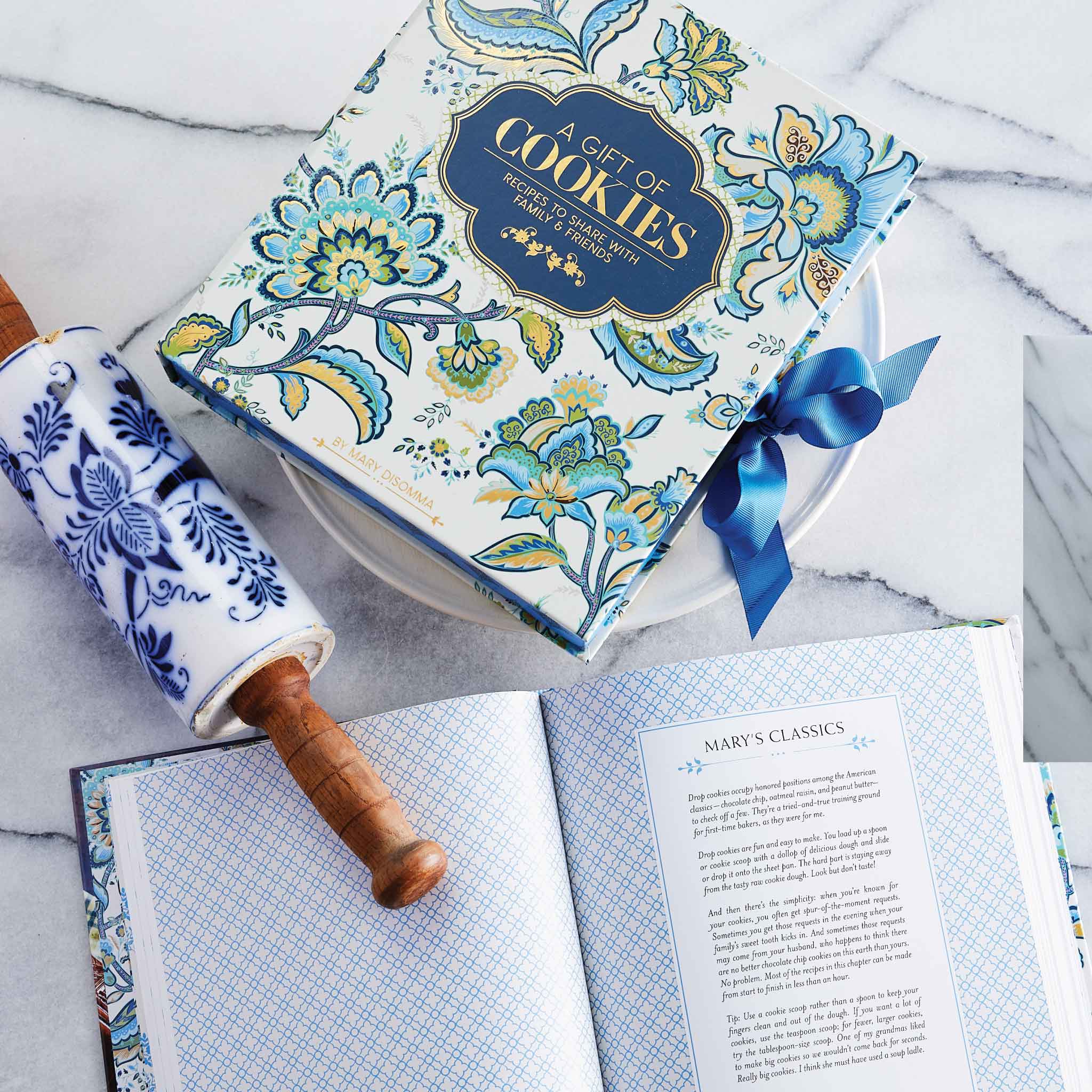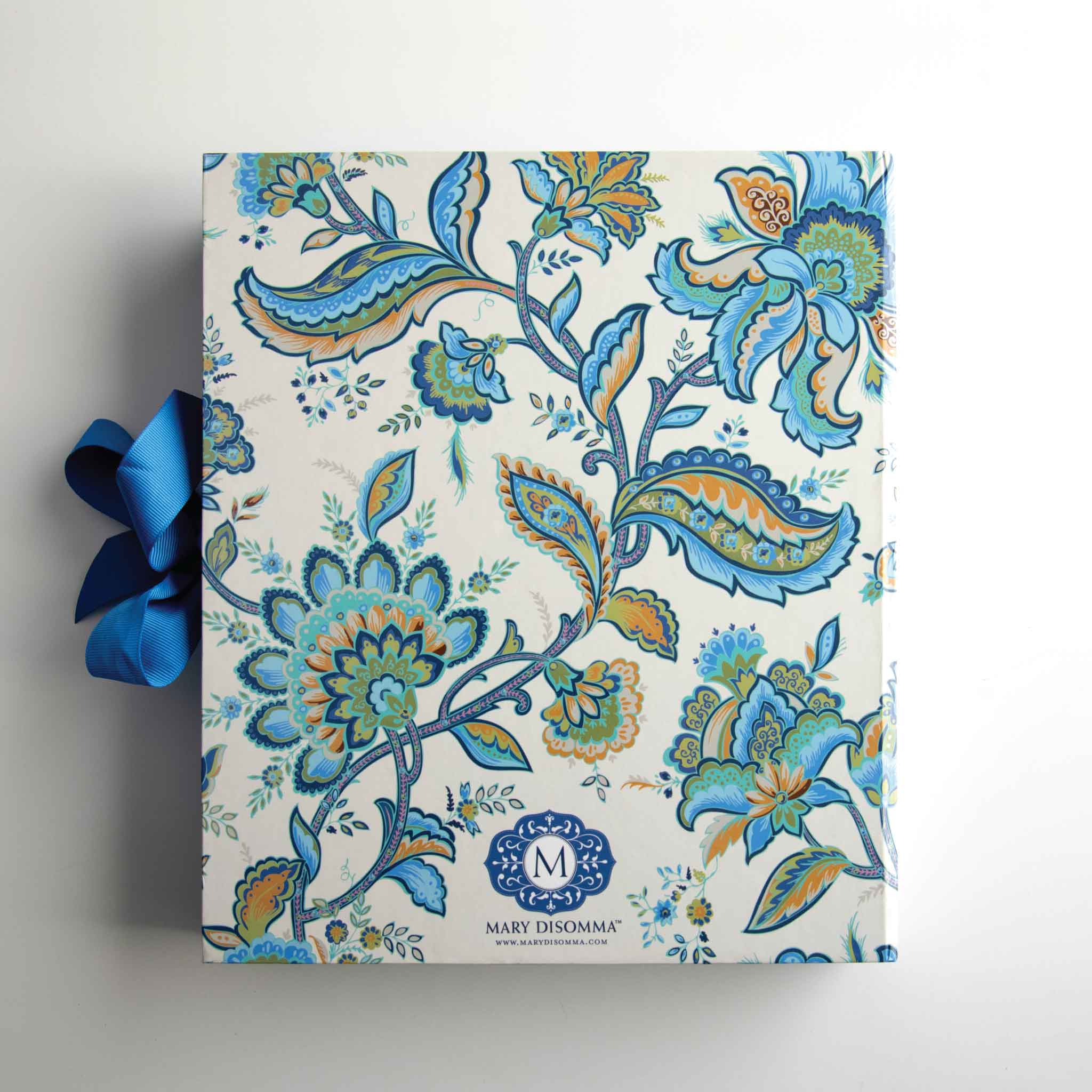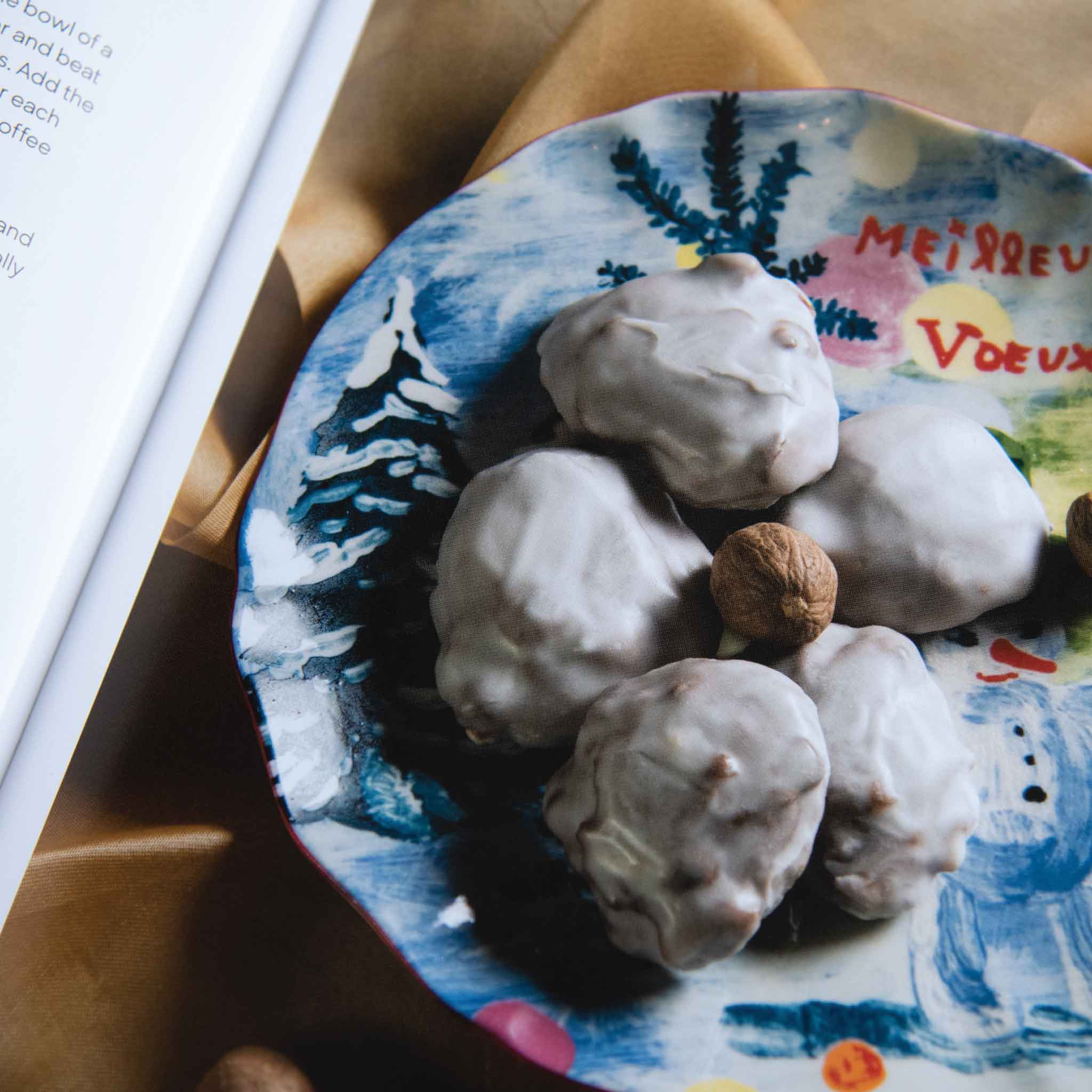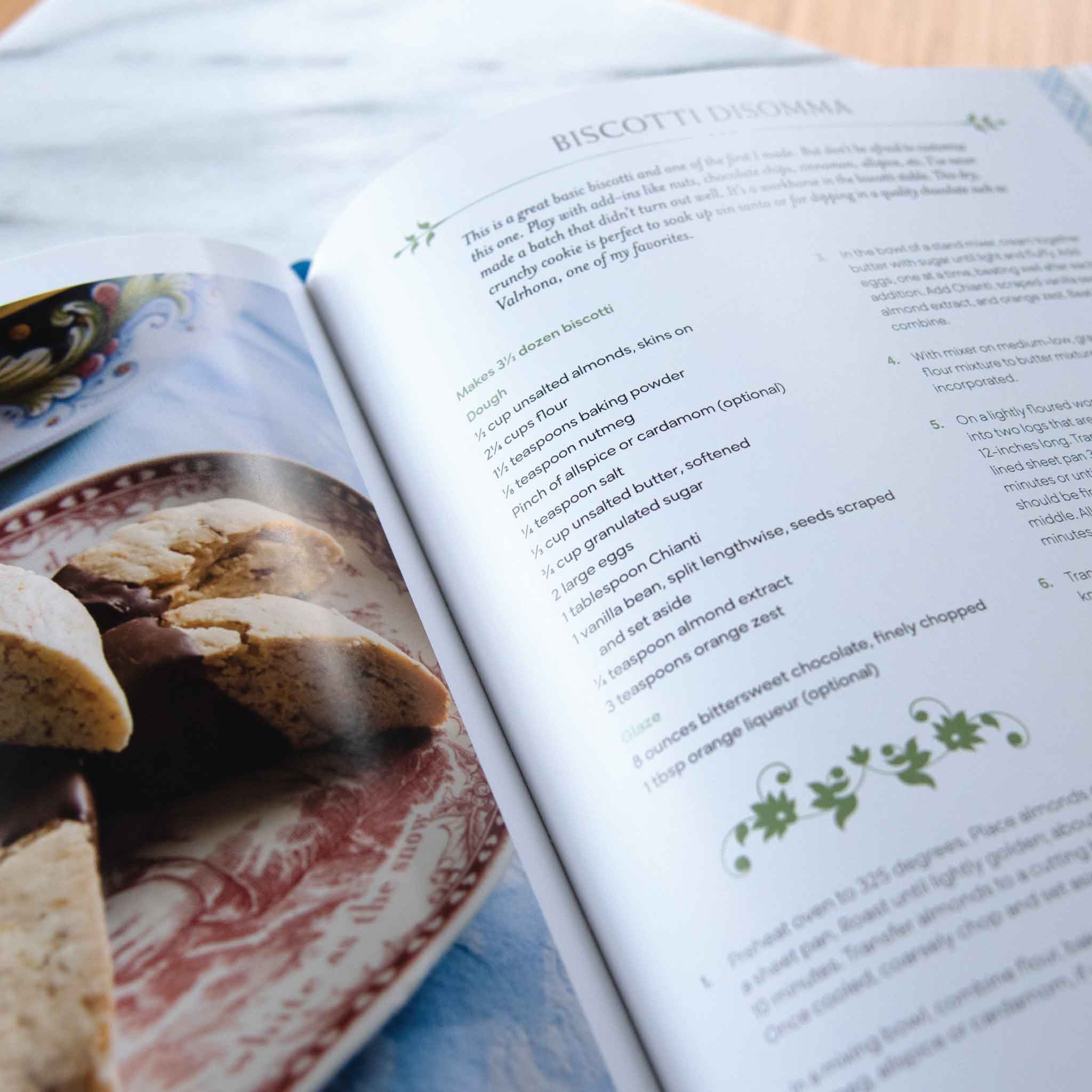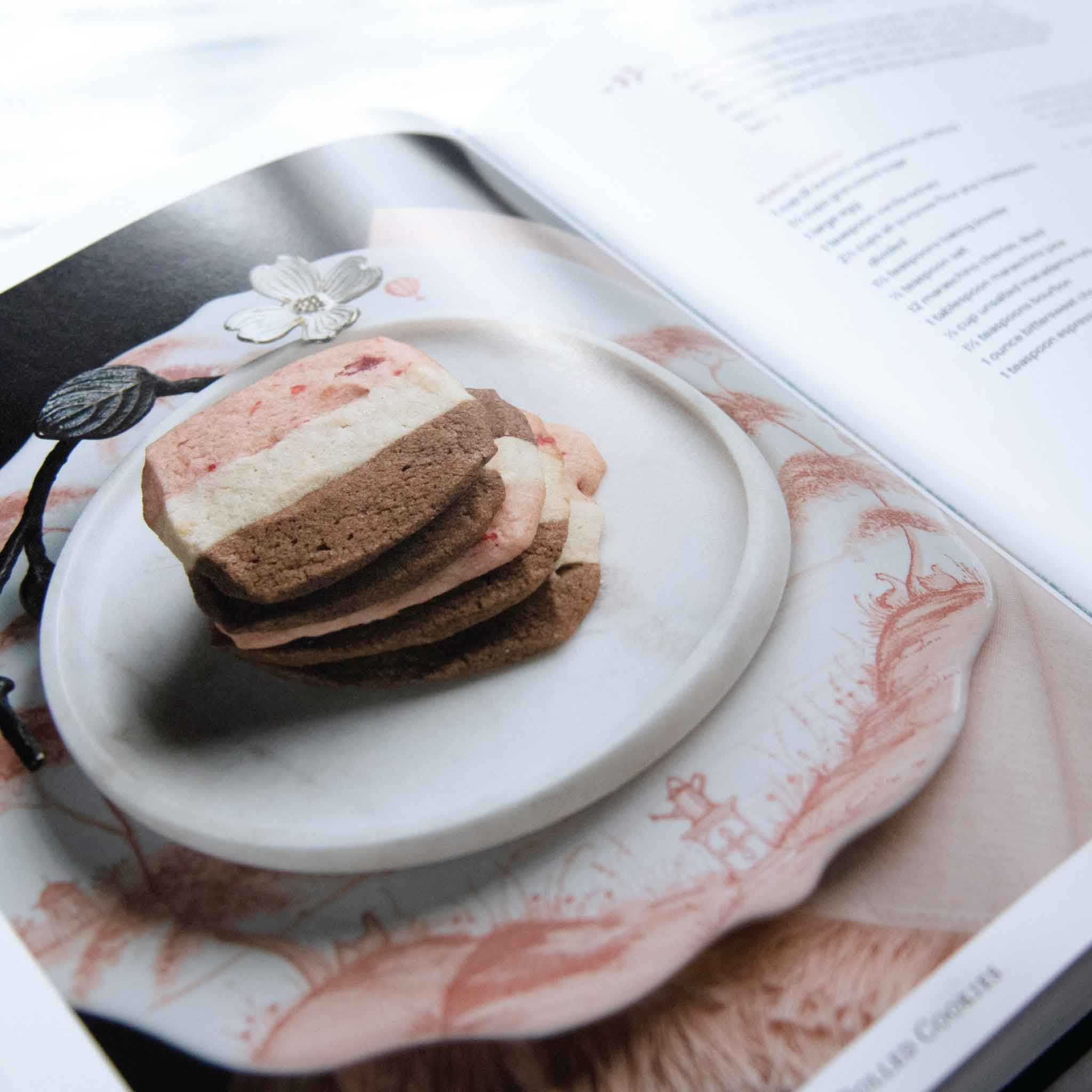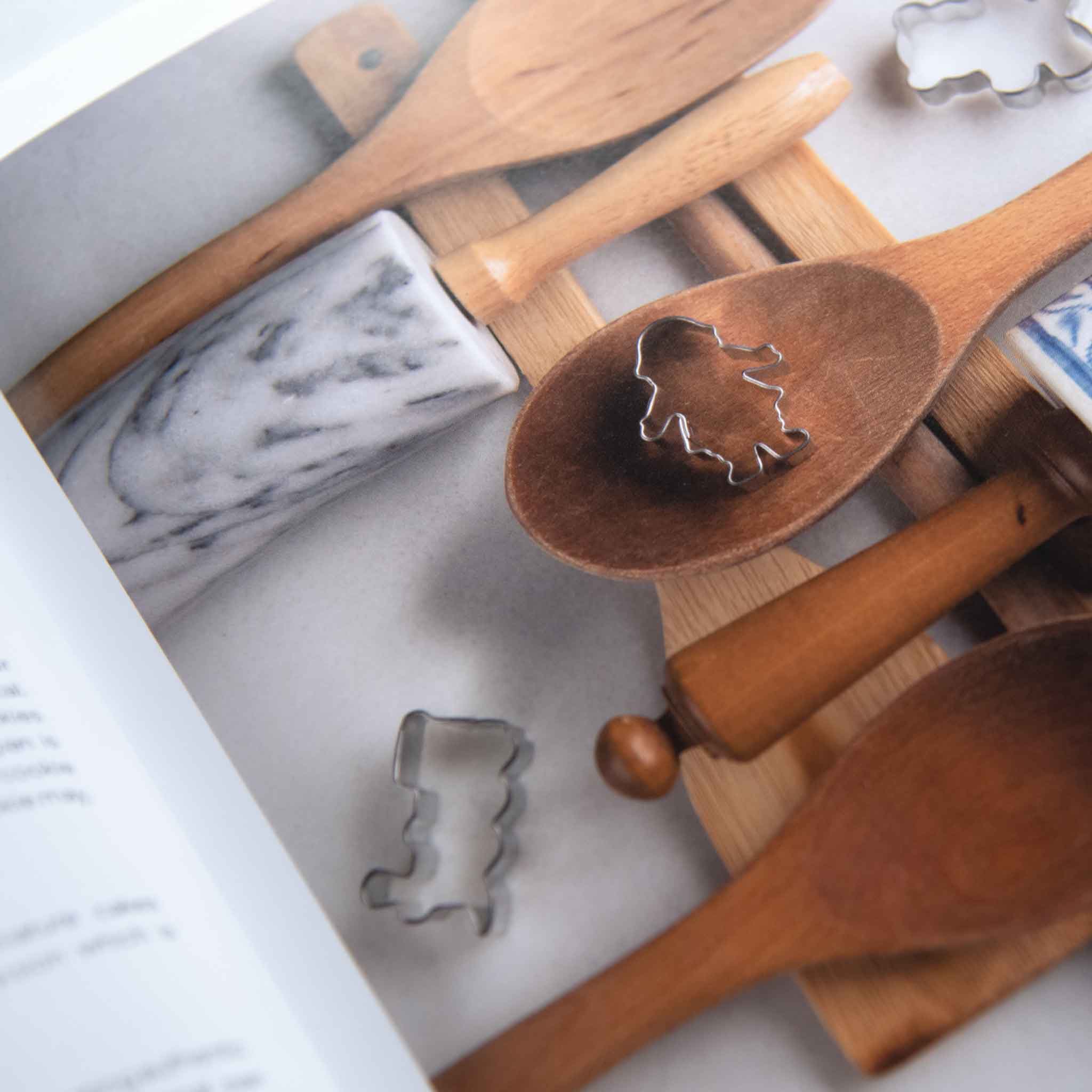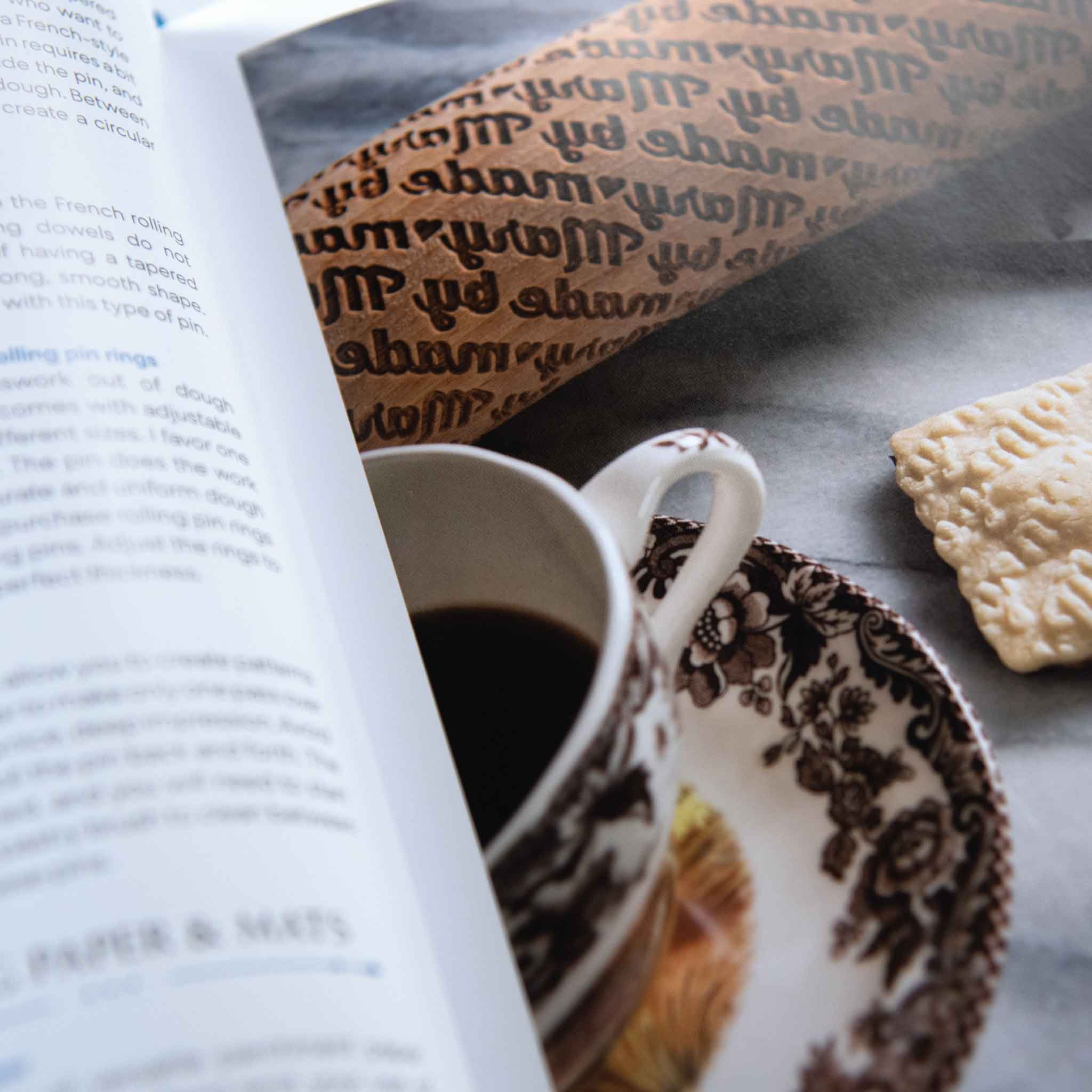If you’re like me, you may have been lucky enough to have inherited your mother’s or grandmother’s rolling pin. Or perhaps you’re just embarking on your baking journey and are freshly assembling your drawer of tools. Either way, a good quality rolling pin is a key and cherished weapon in your baking arsenal that can be kept forever, and handed down from generation to generation to love and enjoy.

What makes a good rolling pin?
The best rolling pin should feel like an extension of your hands and give a smooth and even finish to the dough. A wooden rolling pin tends to be the standard, being both durable and versatile. Select a pin that feels good in your hands and is not too large for you to work with when you're rolling out cookie dough or a pie crust. Agility and flexibility are key while rolling dough, whether it's for a tortilla, pie dough, or pizza dough. Try to "test-drive" different types if you can; when the pin is in motion, it should pivot and roll smoothly without straining your arm strength.
With that in mind, here are some of my favorite types of pins:

#5 American or baker’s rolling pin
A good, all-purpose rolling tool, this traditional rolling pin features a cylindrical roller with a dowel running through the center, and ball bearings in each wooden handle for greater balance. Generally made from wood, this heavier rolling pin is a great "first" pin that generally provides smooth rolling. Note: Water is not a friend to these pins; to clean, simply brush off excess dough and wipe clean with a towel.
Pro Tip: If your wooden pin ever becomes too dry, you can revive it with a quick rub of mineral oil!

#4 Marble rolling pin
Both sturdy and beautiful to look at, a marble pin is a straight rolling pin and performs particularly well when working with heat-sensitive dough; it's also handy for puff pastry, delicate pastry, and butter-heavy doughs. These pins work best when dusted with a bit of flour prior to starting the rolling process.
Pro Tip: Use a damp cloth or paper towel to clean, then dry thoroughly.

#3 French rolling pin
A tapered rolling pin or French rolling is great for bakers looking to graduate to a more Gallic way of flattening their pastry dough. A tapered pin is typically a wood rolling pin and they're thick in the middle and narrow at both ends—like the top of a wine bottle—so they might be a bit different than what you're used to.
Warning: Working with French pins takes a bit of practice and a little bit more elbow grease.
Pro Tip: Rotate the dough between rolls to create a circular round of pastry.
#2 Adjustable rolling pin and rolling pin rings
This rolling pin comes with adjustable rings that come in four different sizes, which help take the guesswork out of dough thickness. Simply adjust the rings to create an accurate and uniform dough thickness throughout. You can even purchase rings separately that will work with most rolling pins.
I particularly like this model from Joseph Joseph.

#1 A personalized engraved rolling pin:
This one’s kind of a cheat, but for me, a personalized engraved rolling pin given to you by your daughter is absolutely the #1 rolling pin in the world.
Pro Tip: These wonderful, one-of-a-kind gifts can be created here.
You can find more information about additional types of rolling pins and their uses in my book, A Gift of Cookies: Recipes to Share with Family & Friends which you can purchase here. All proceeds of sales of my book will go to benefit Hepzibah and The Infant Welfare Society.
—Mary

